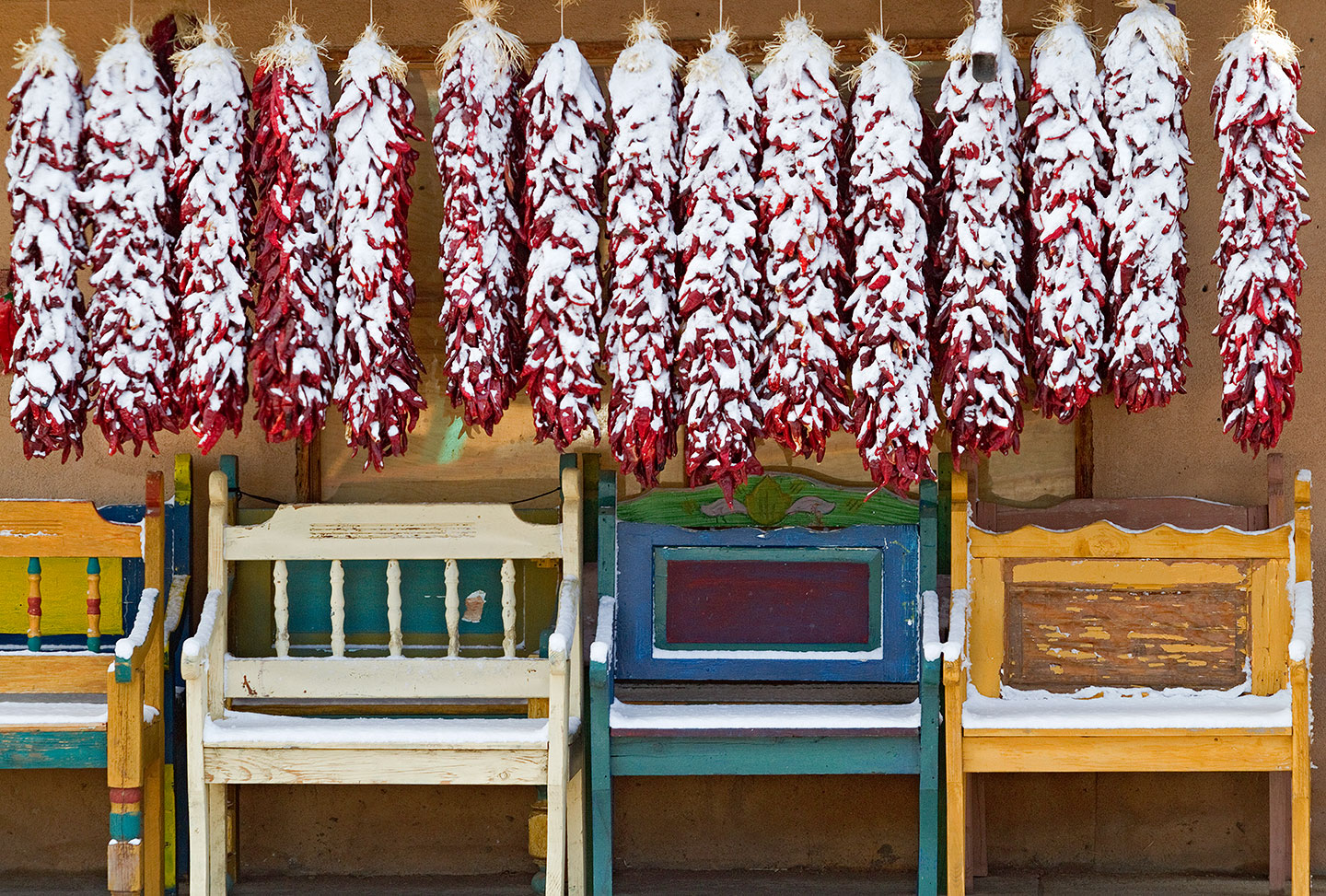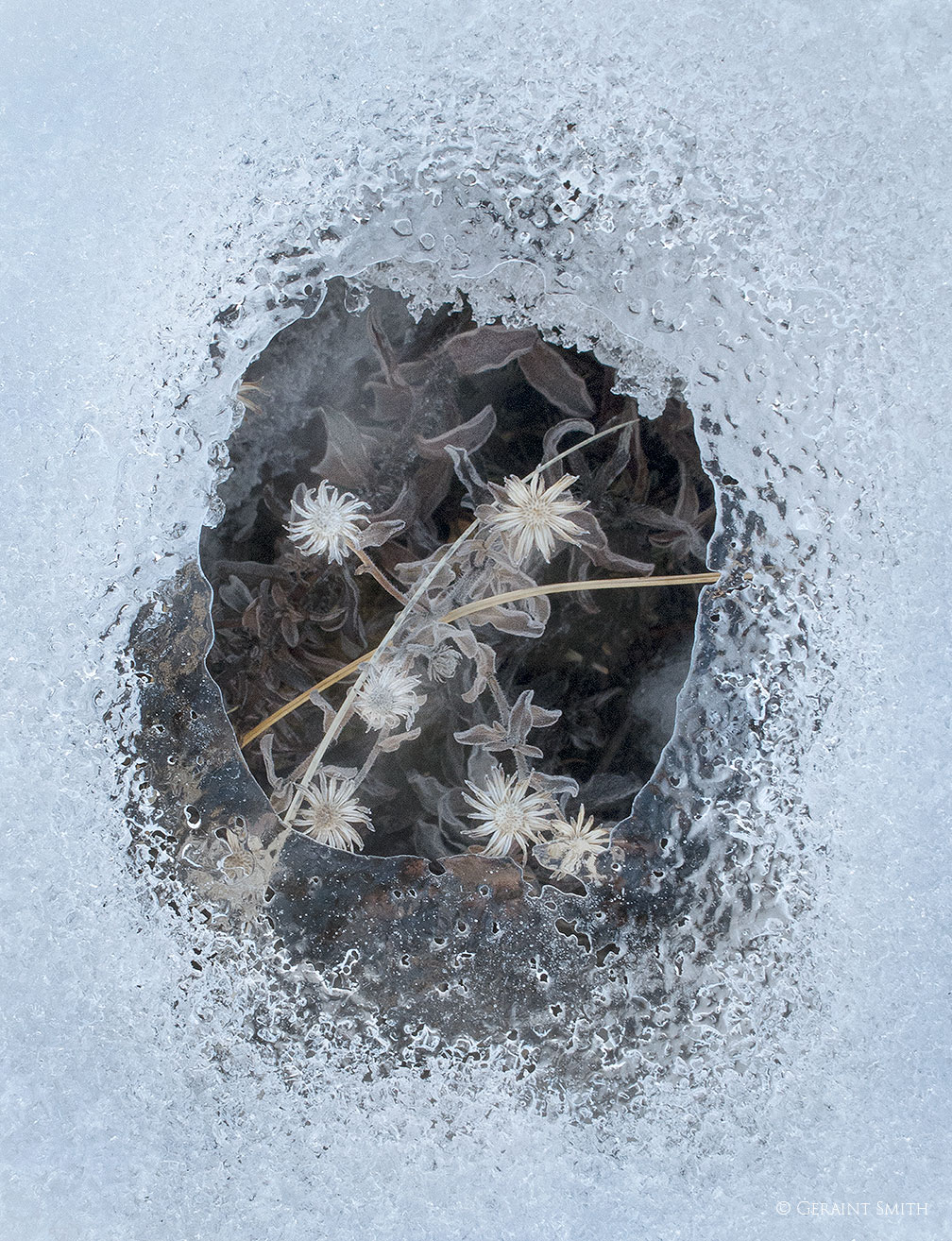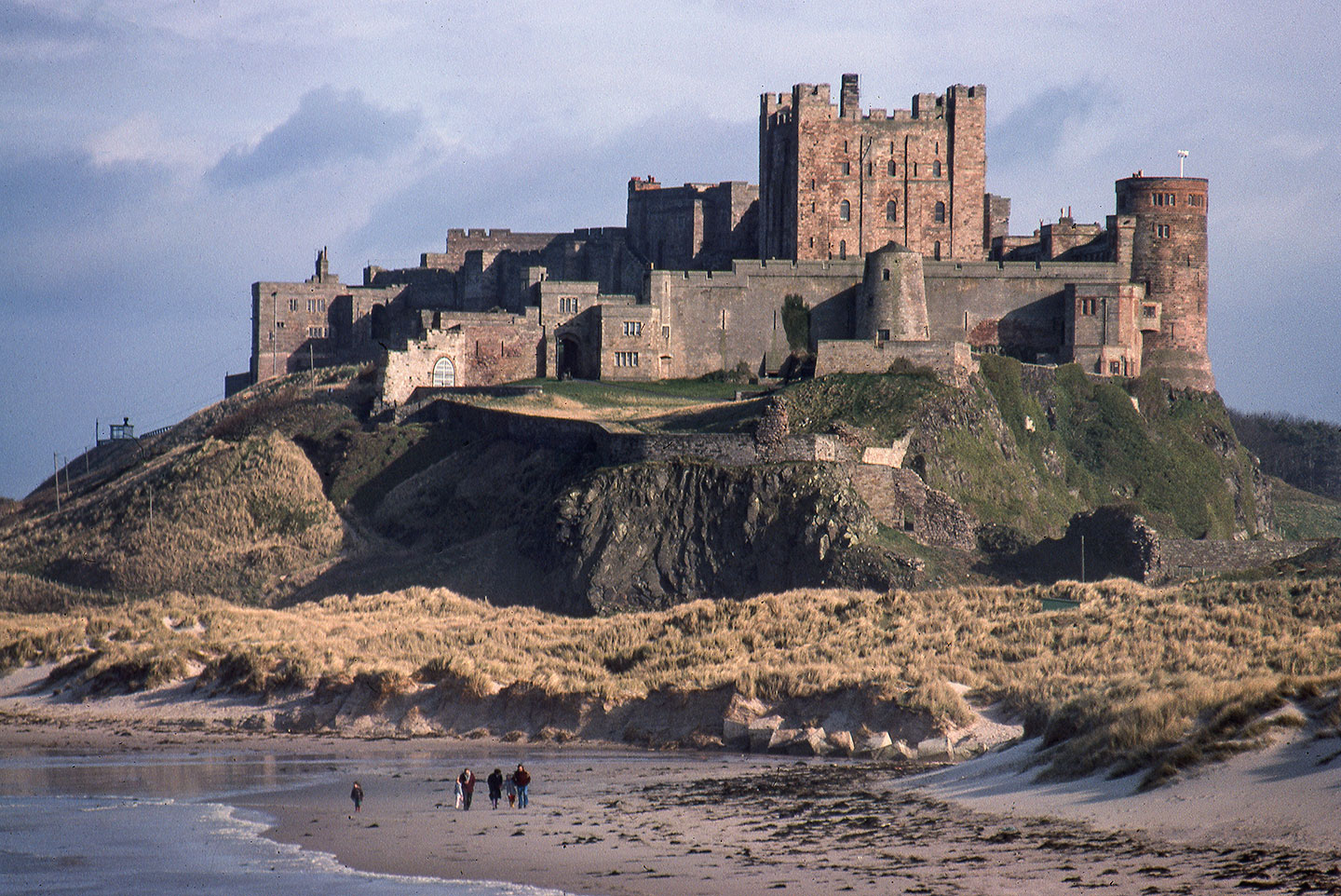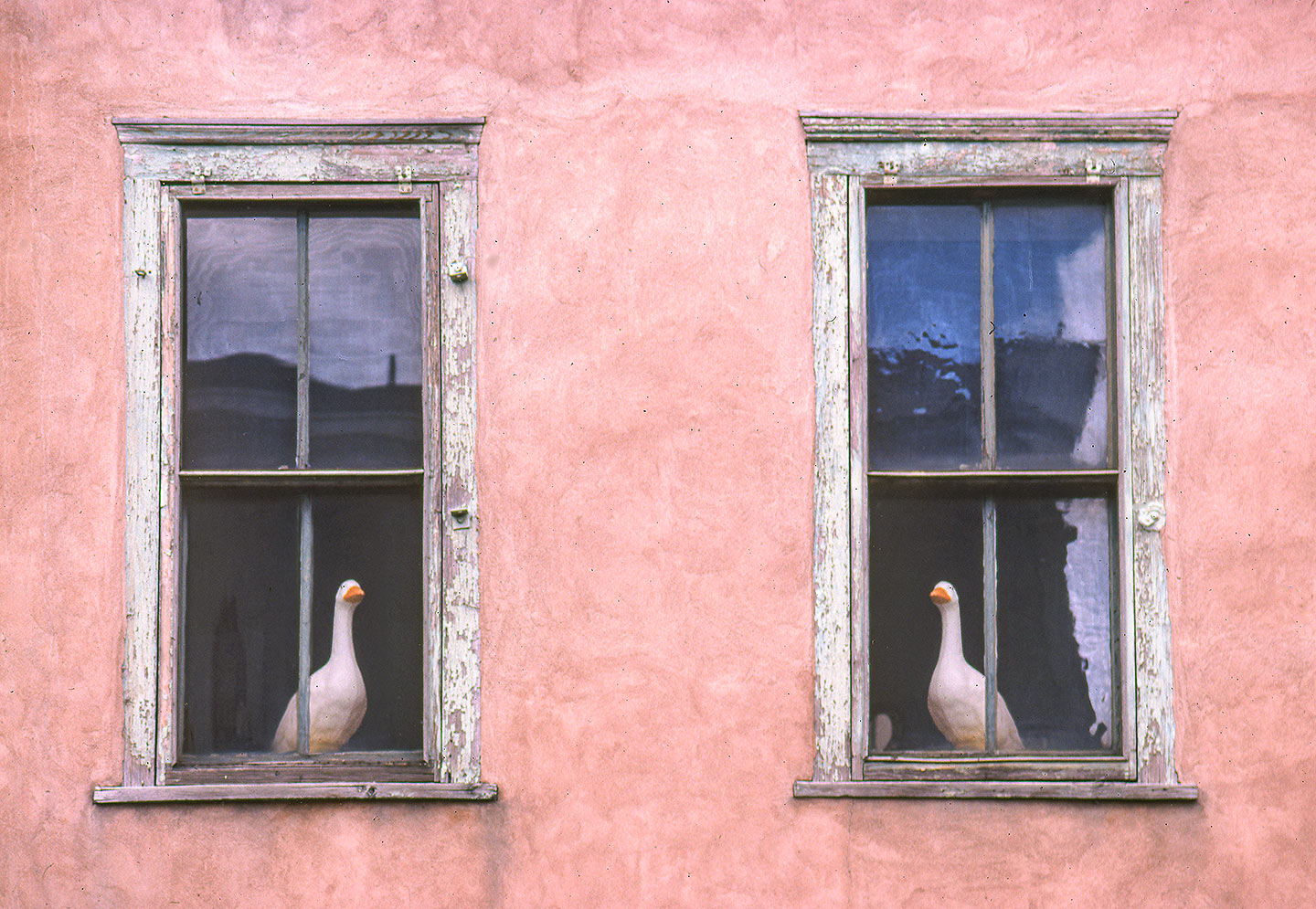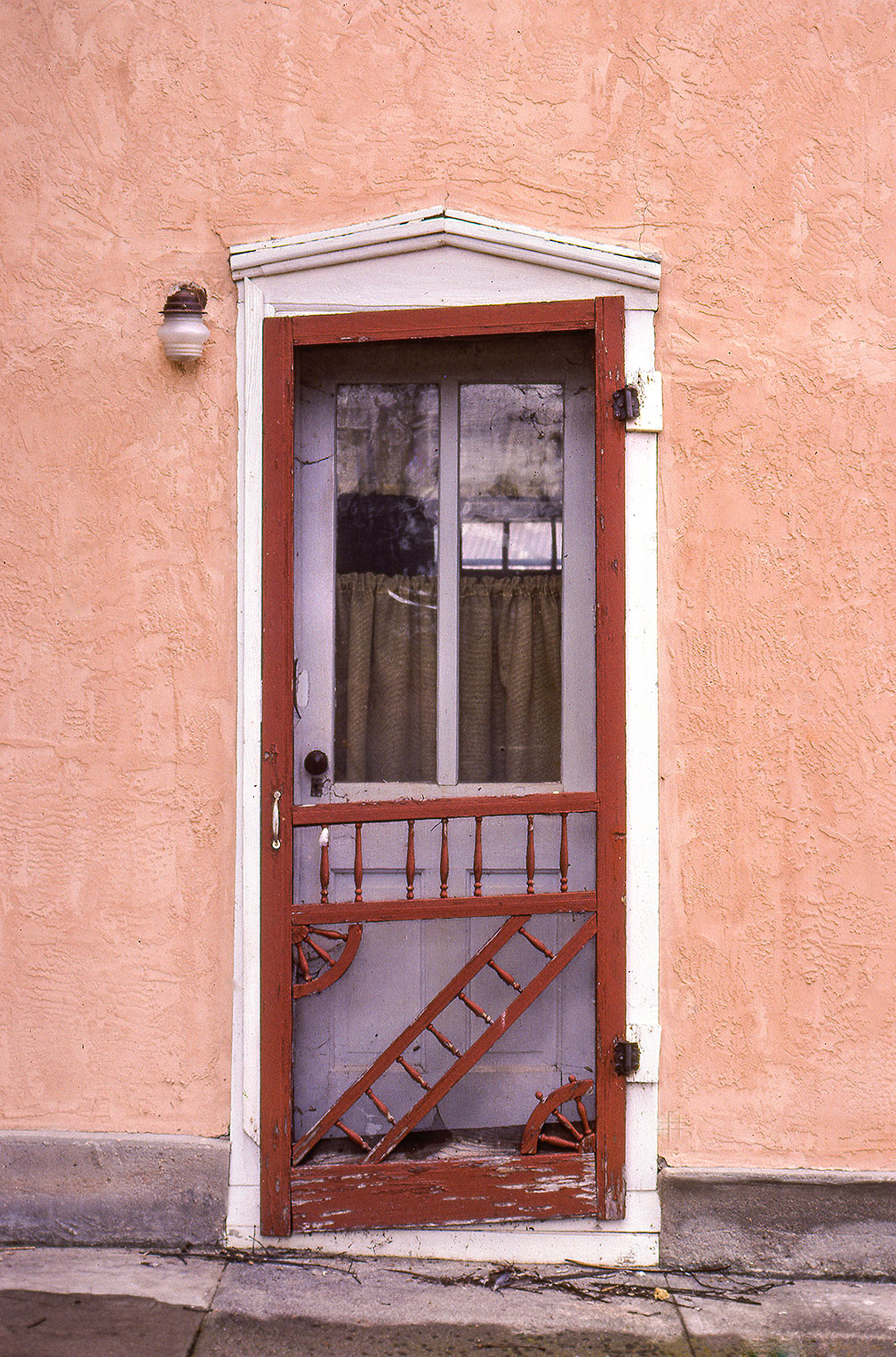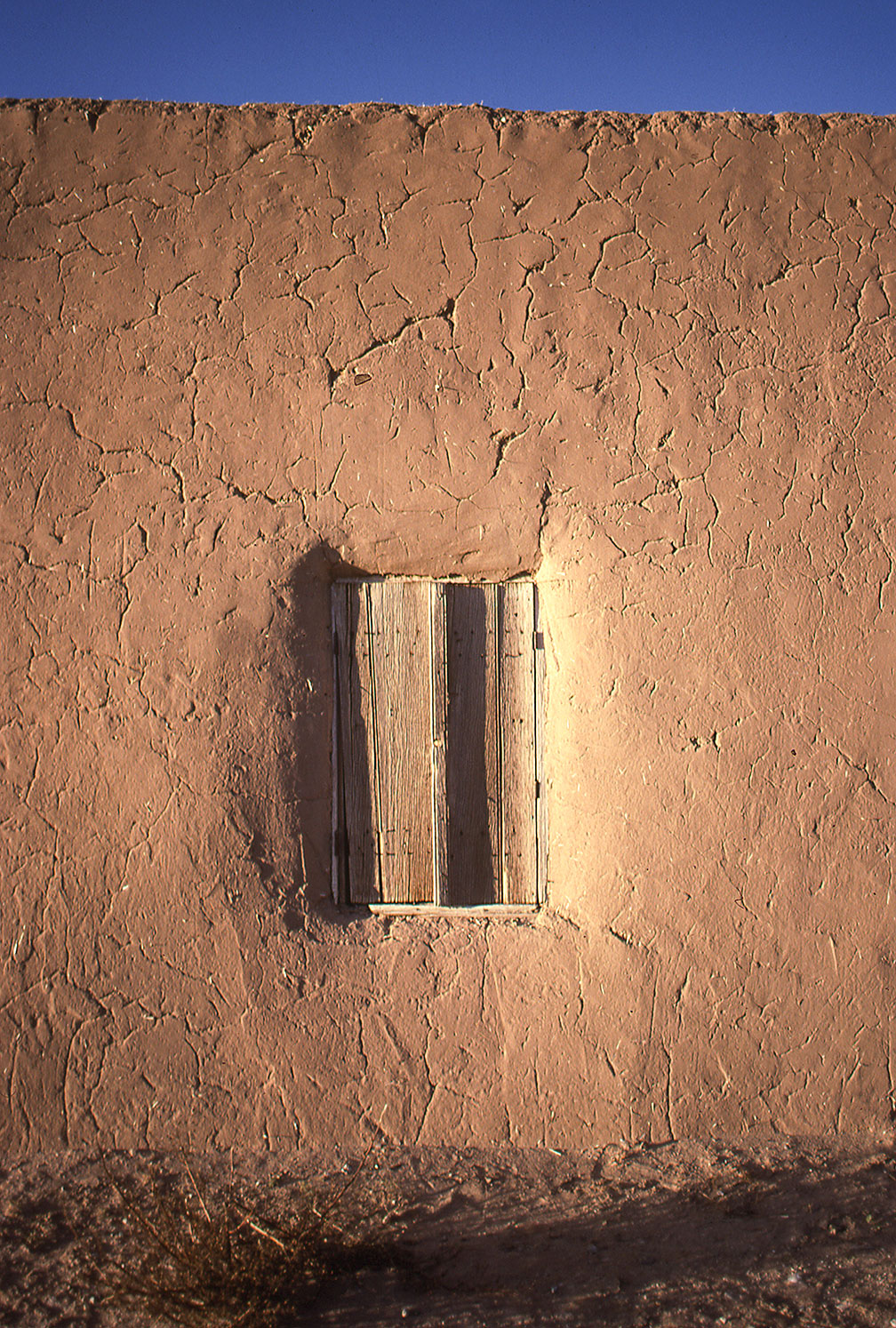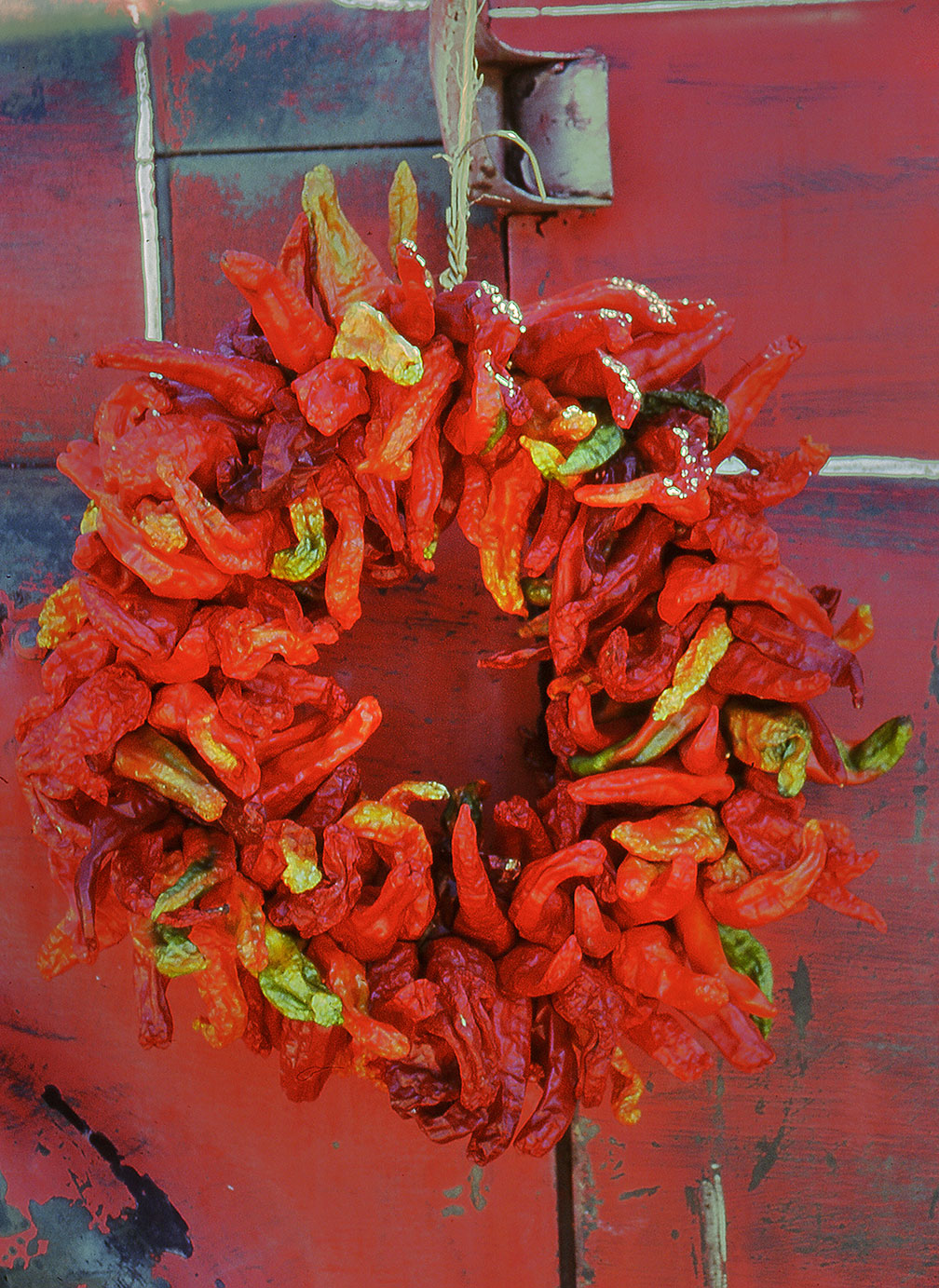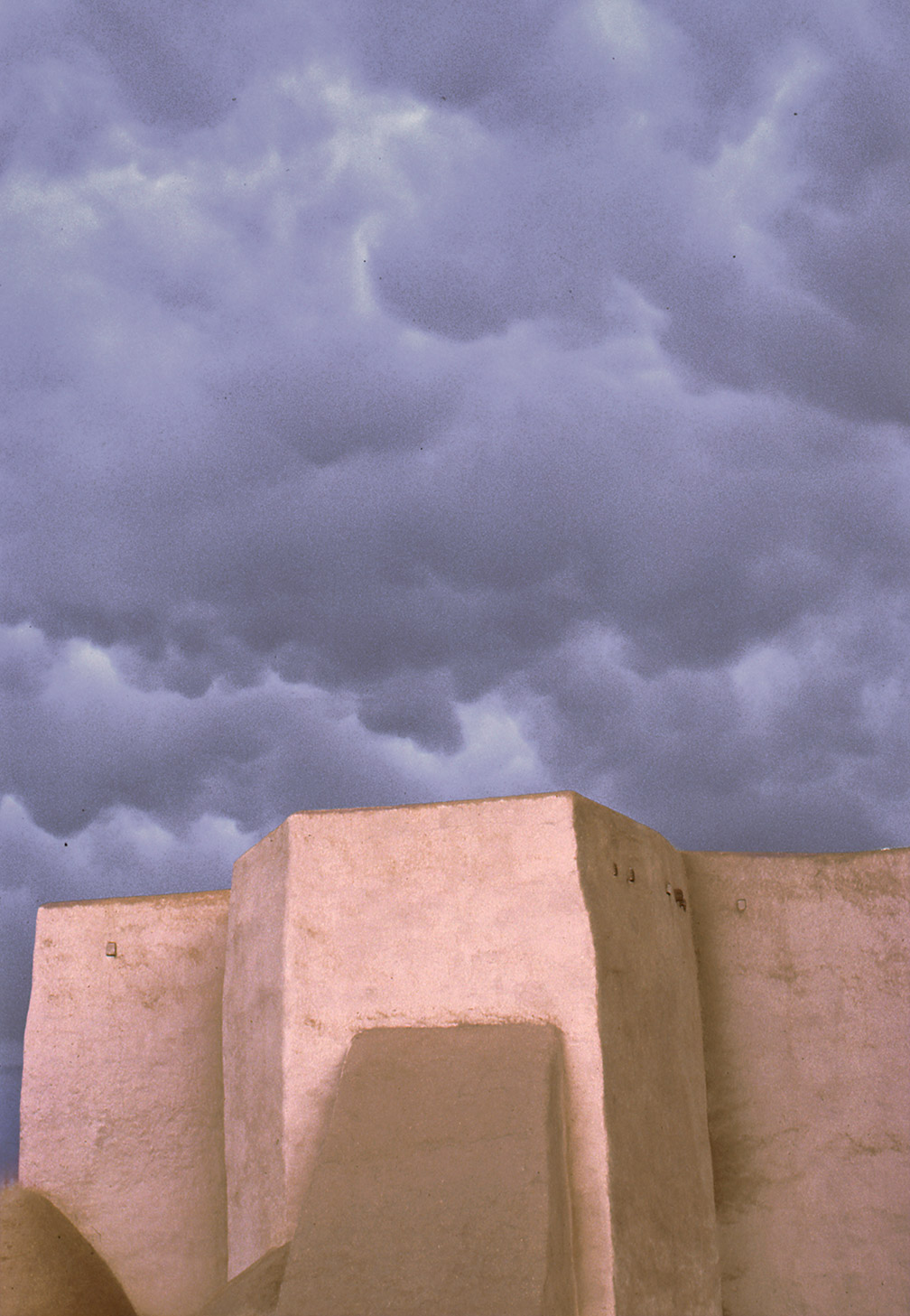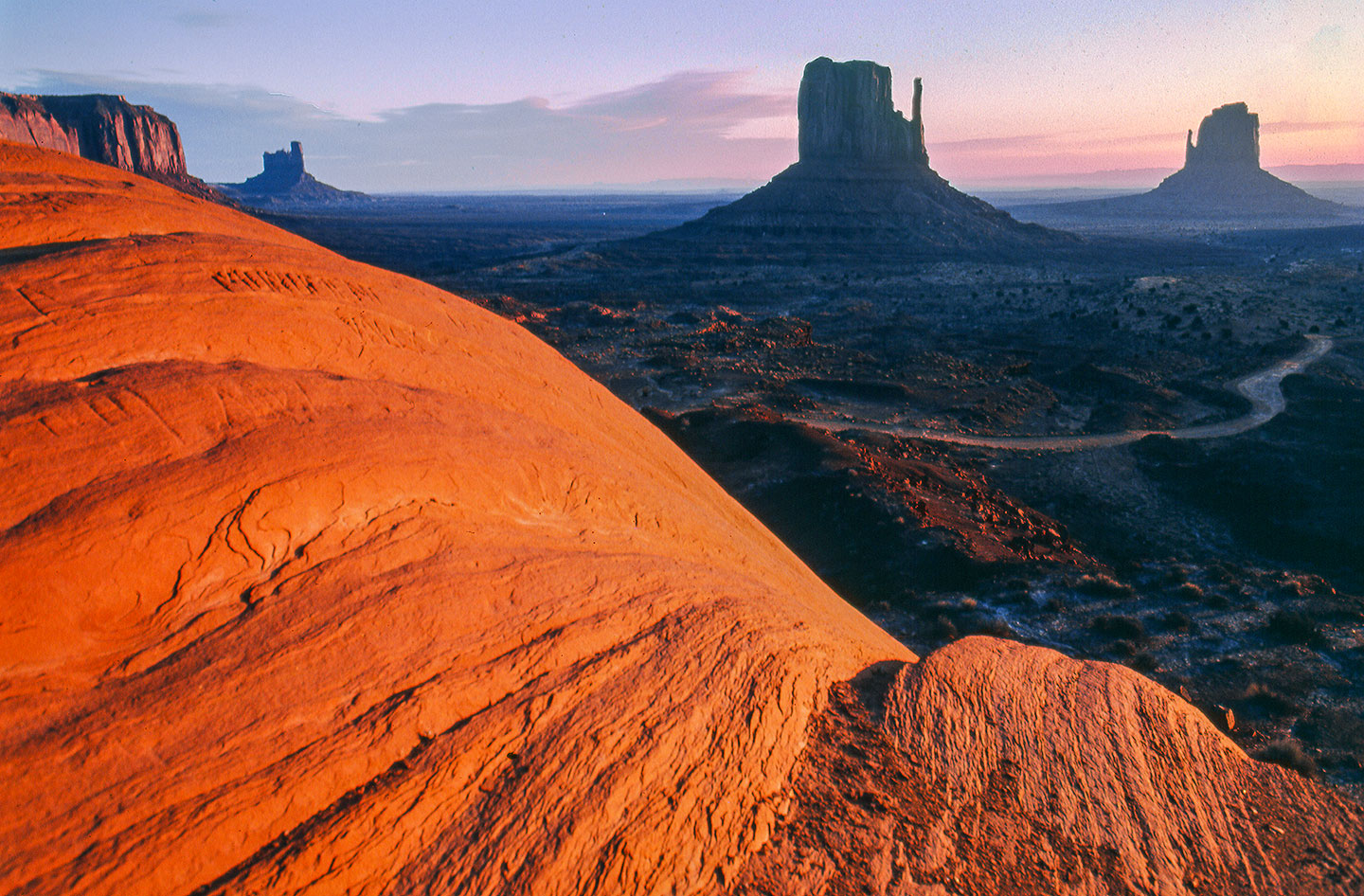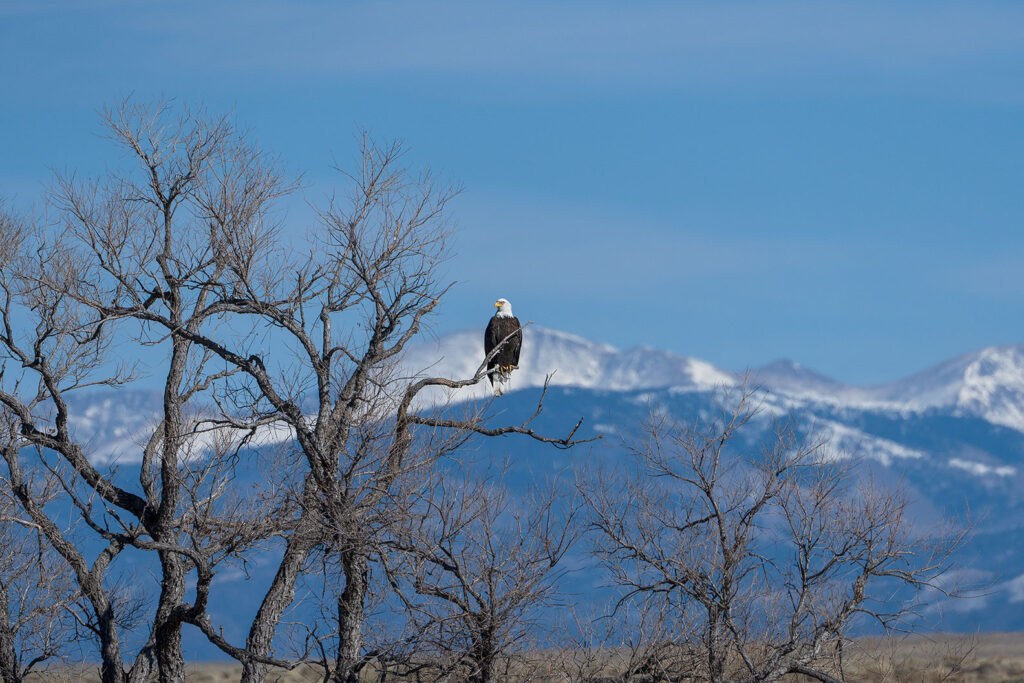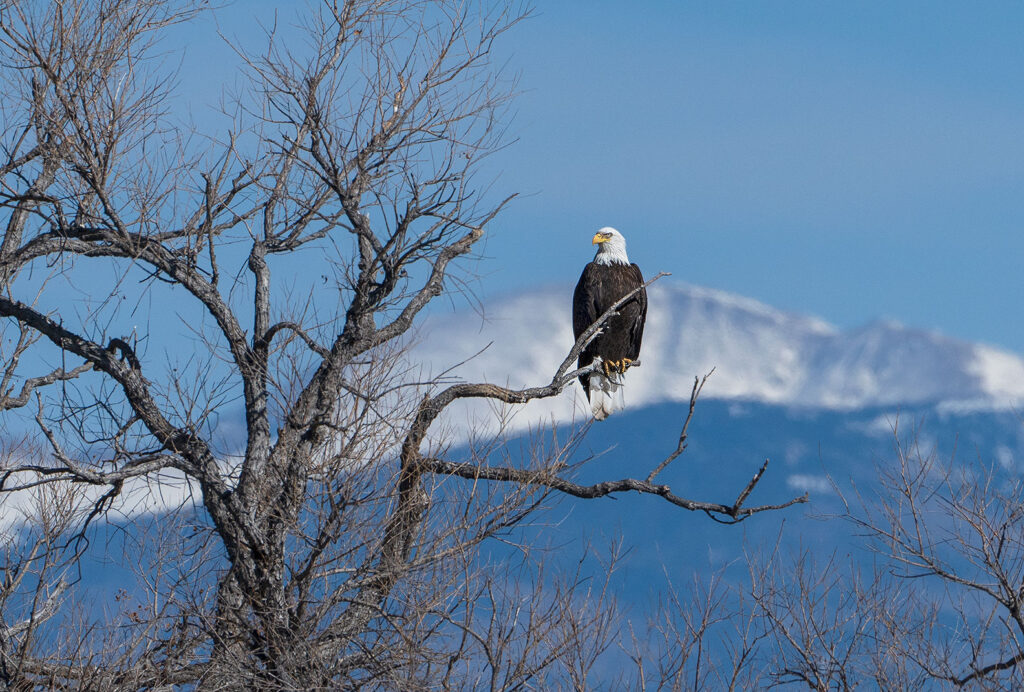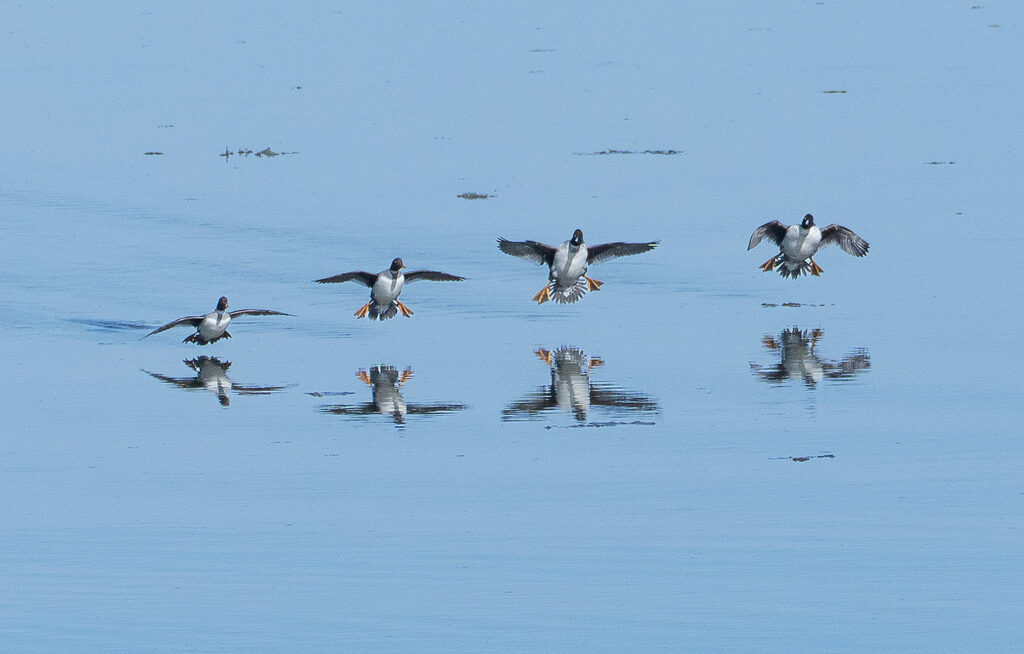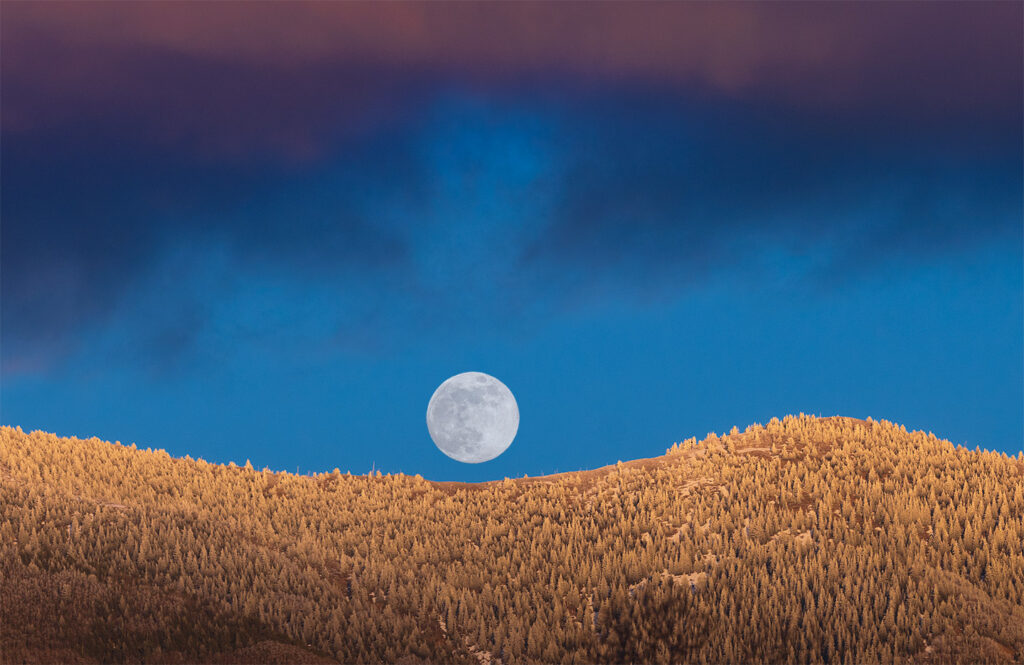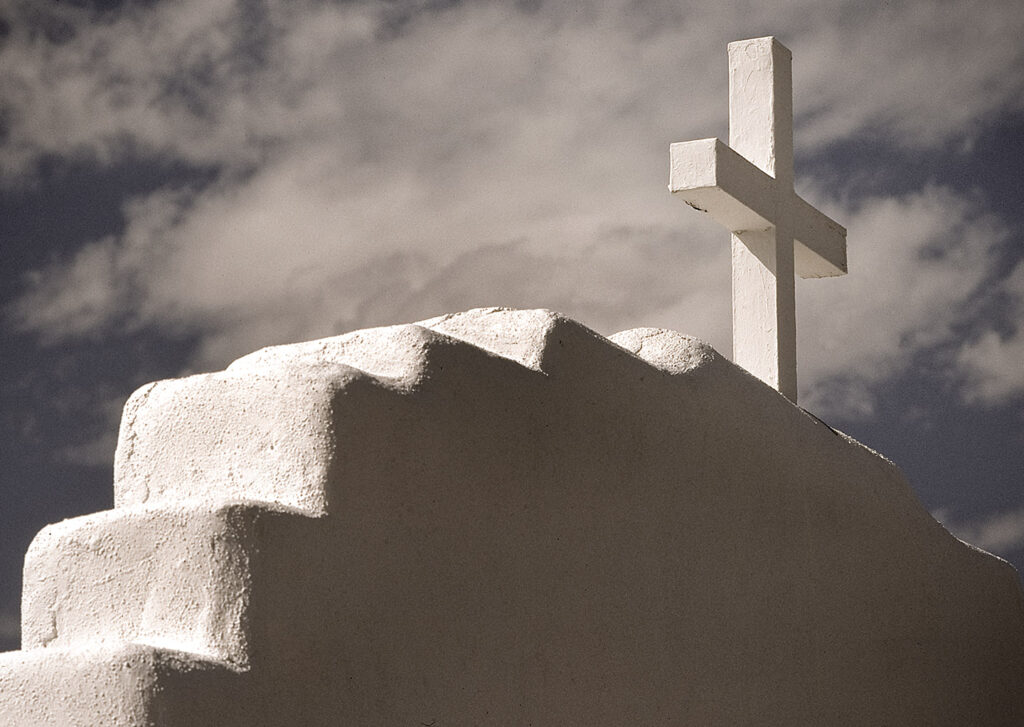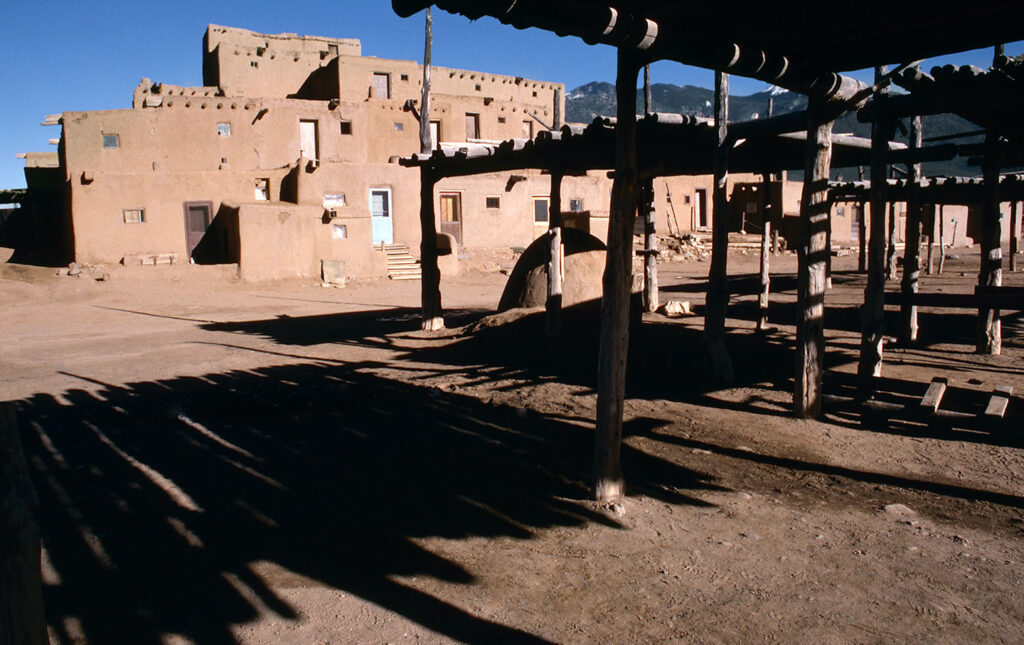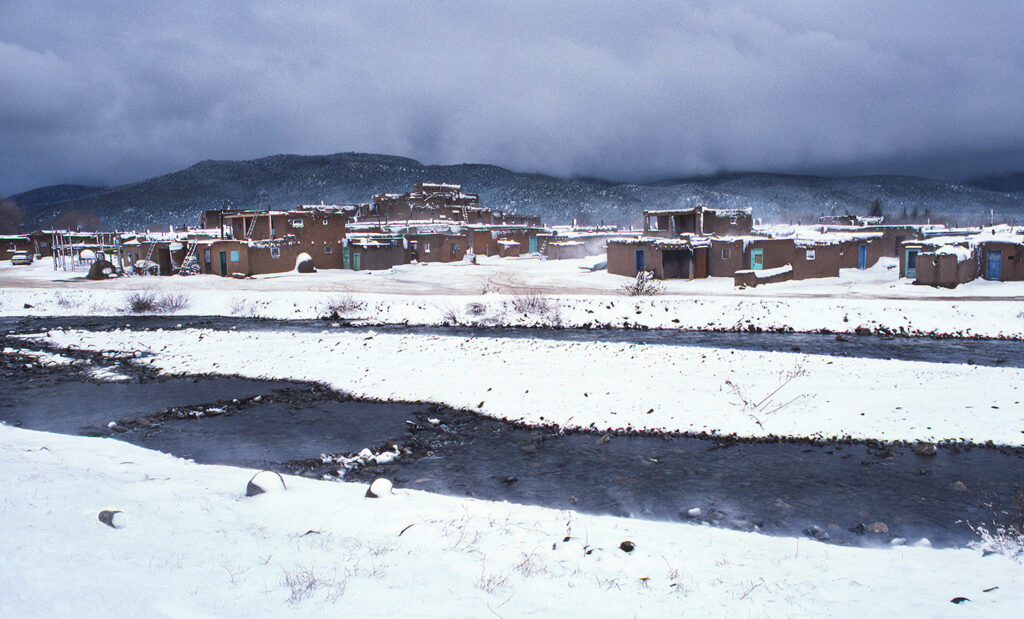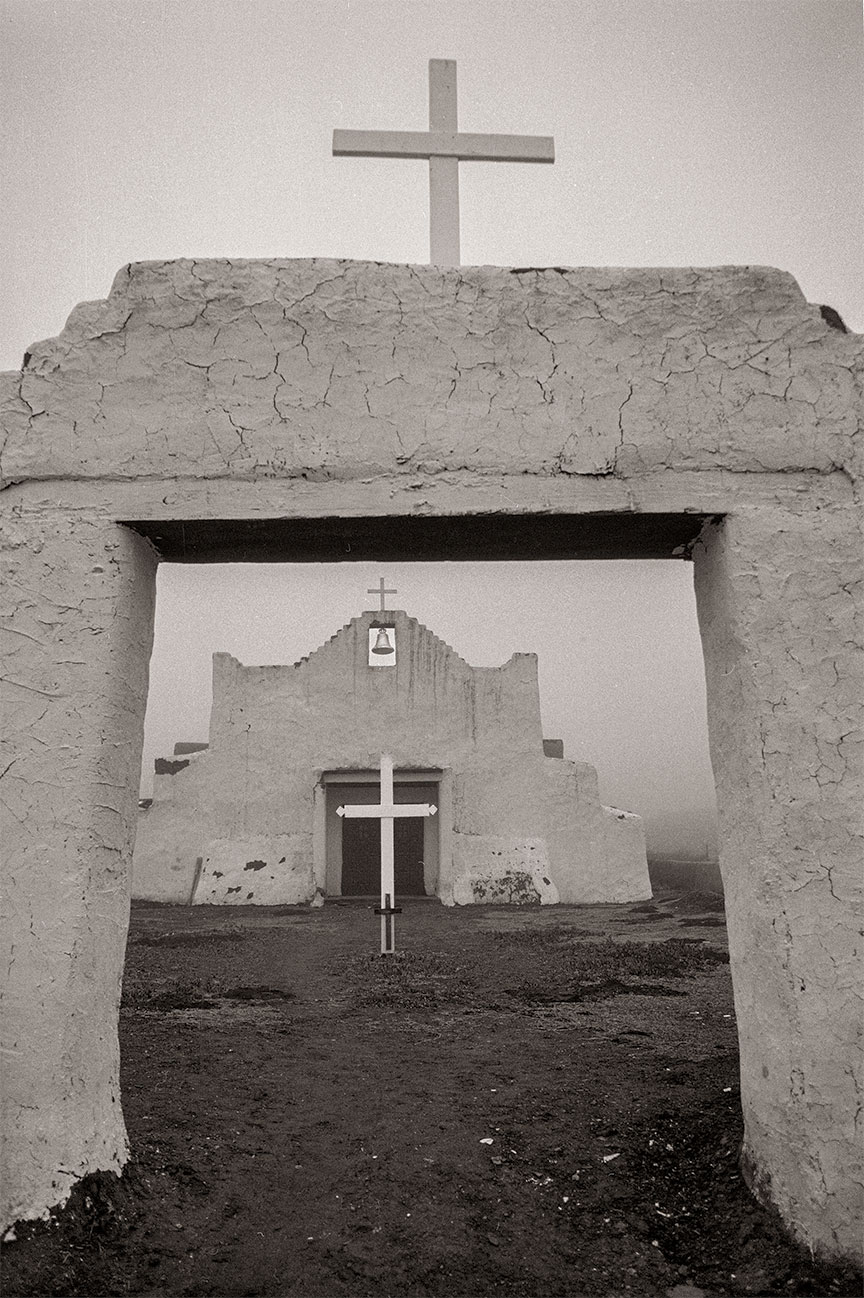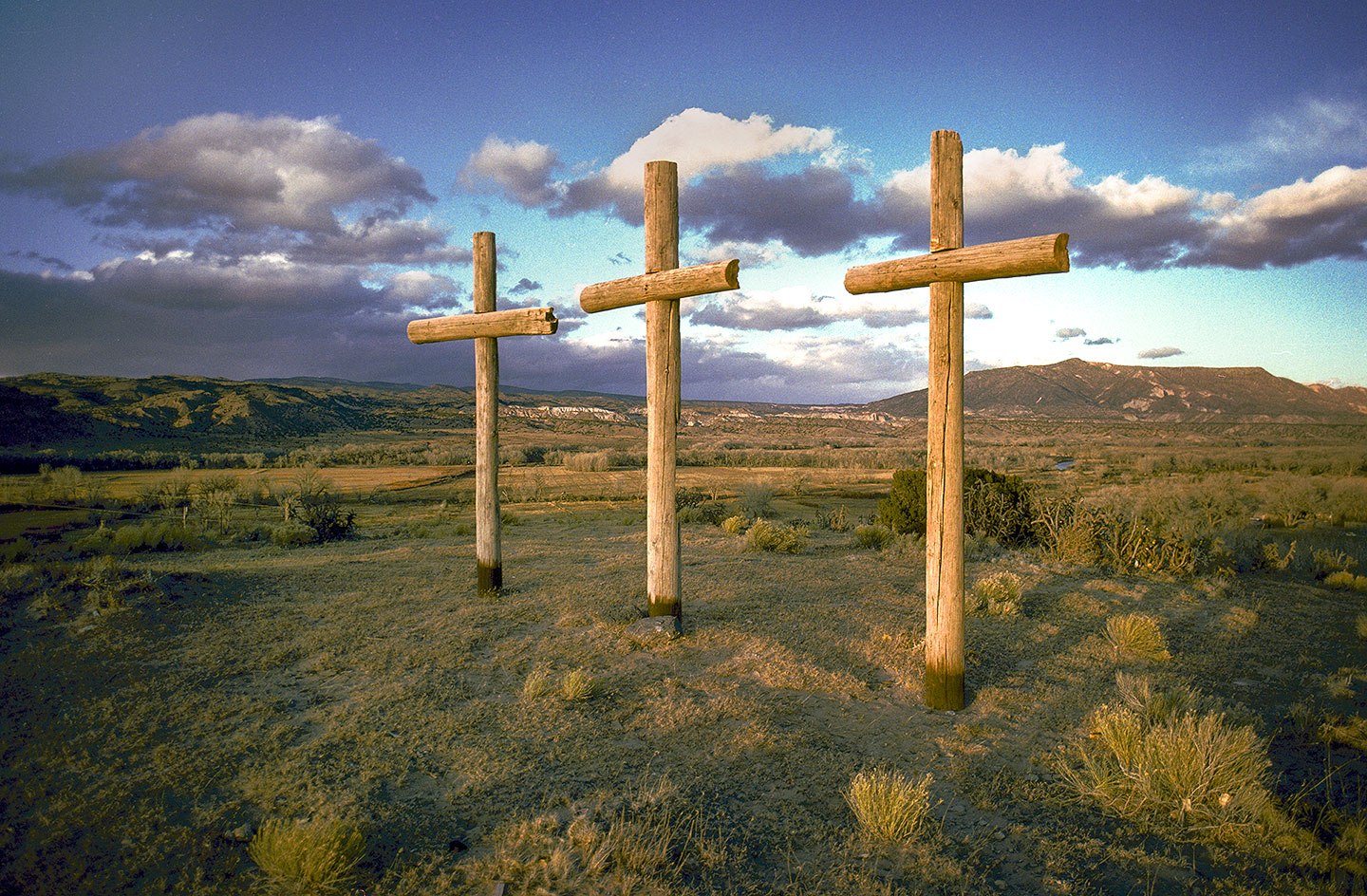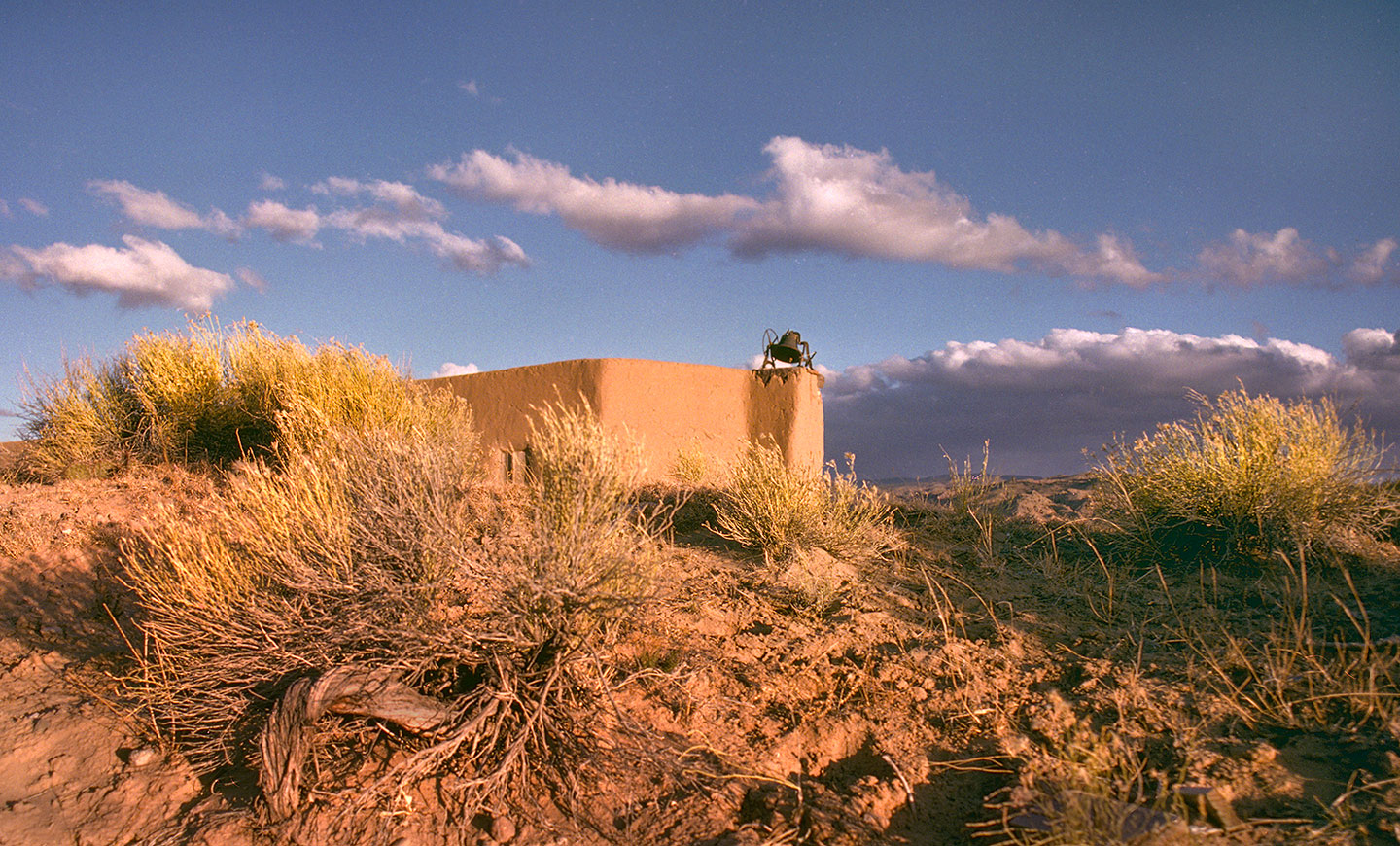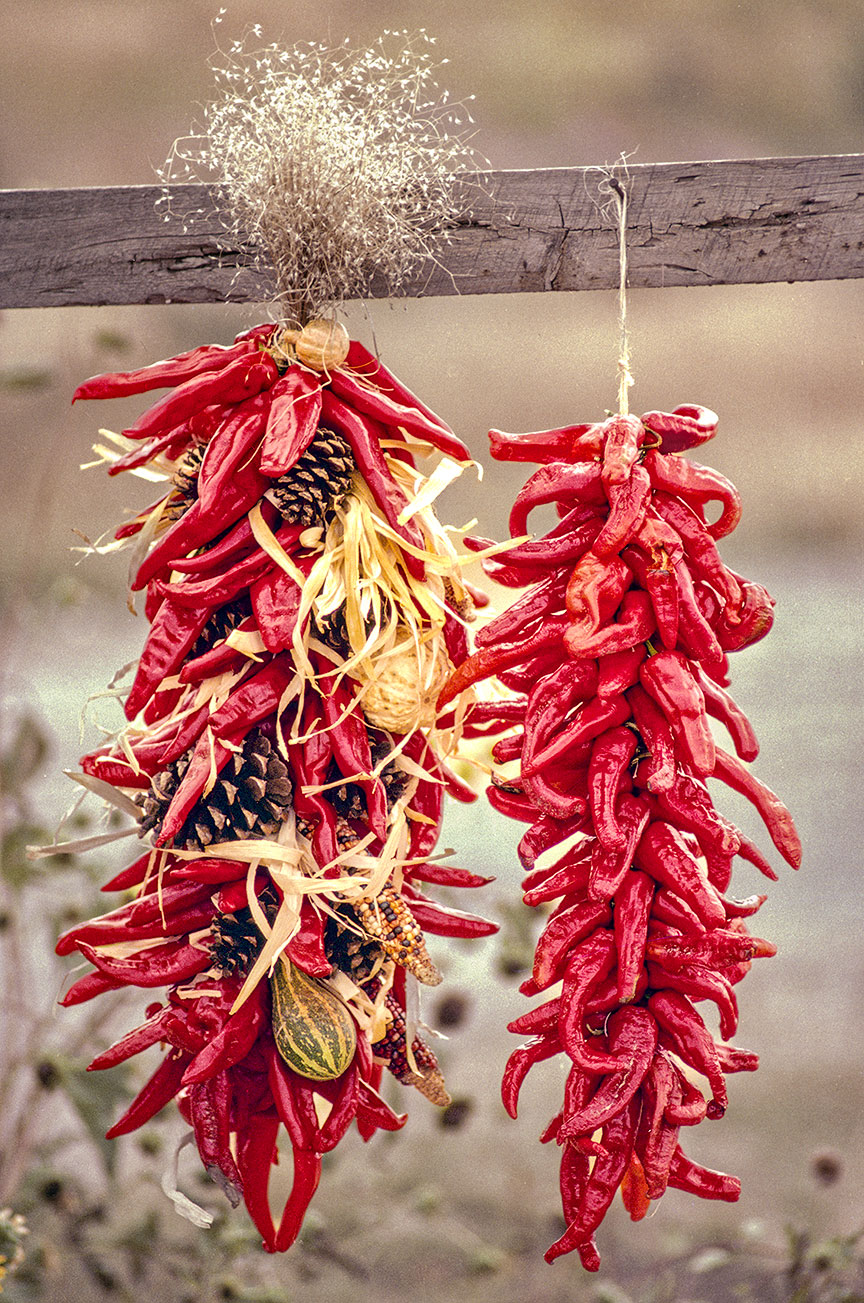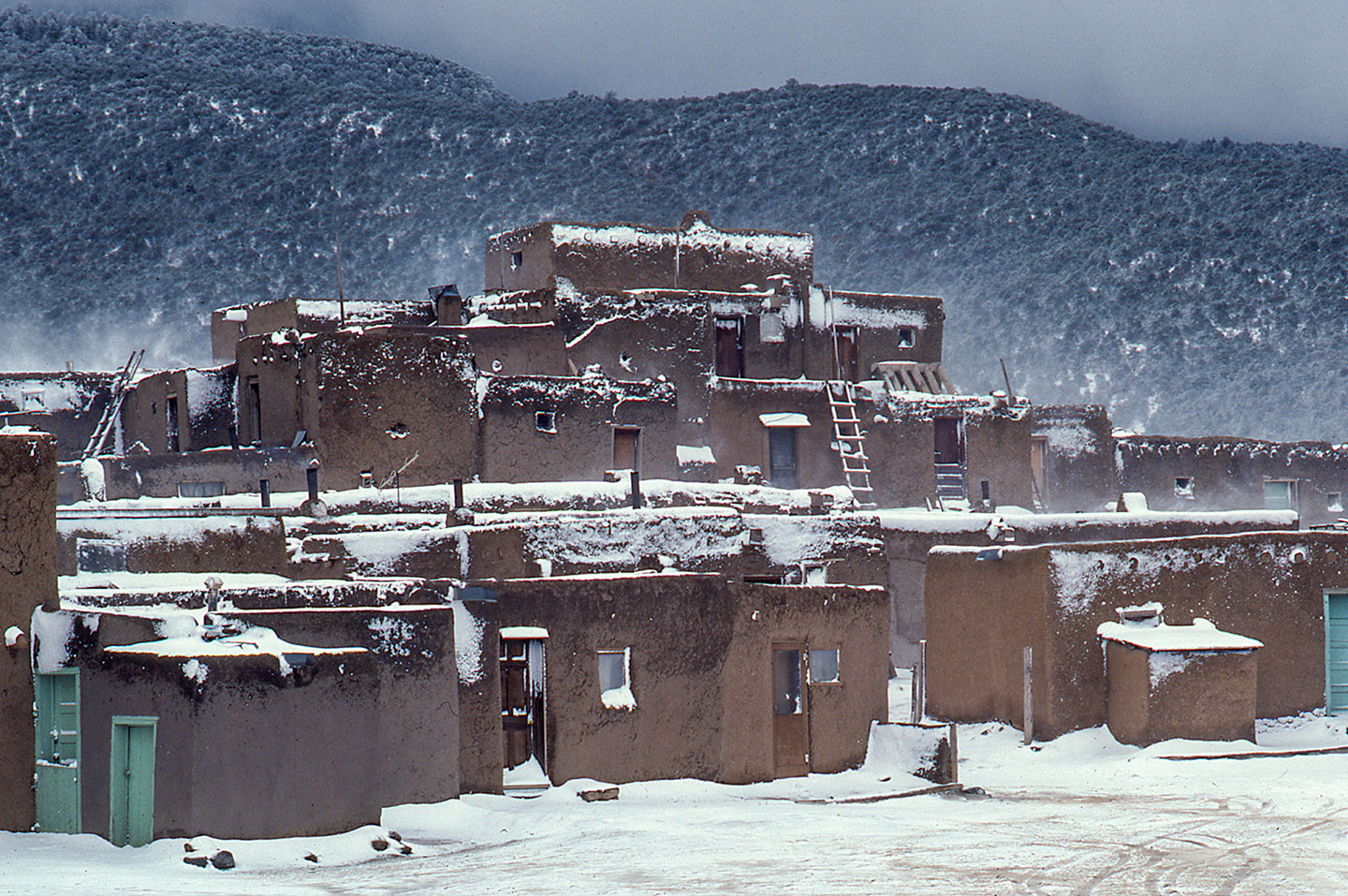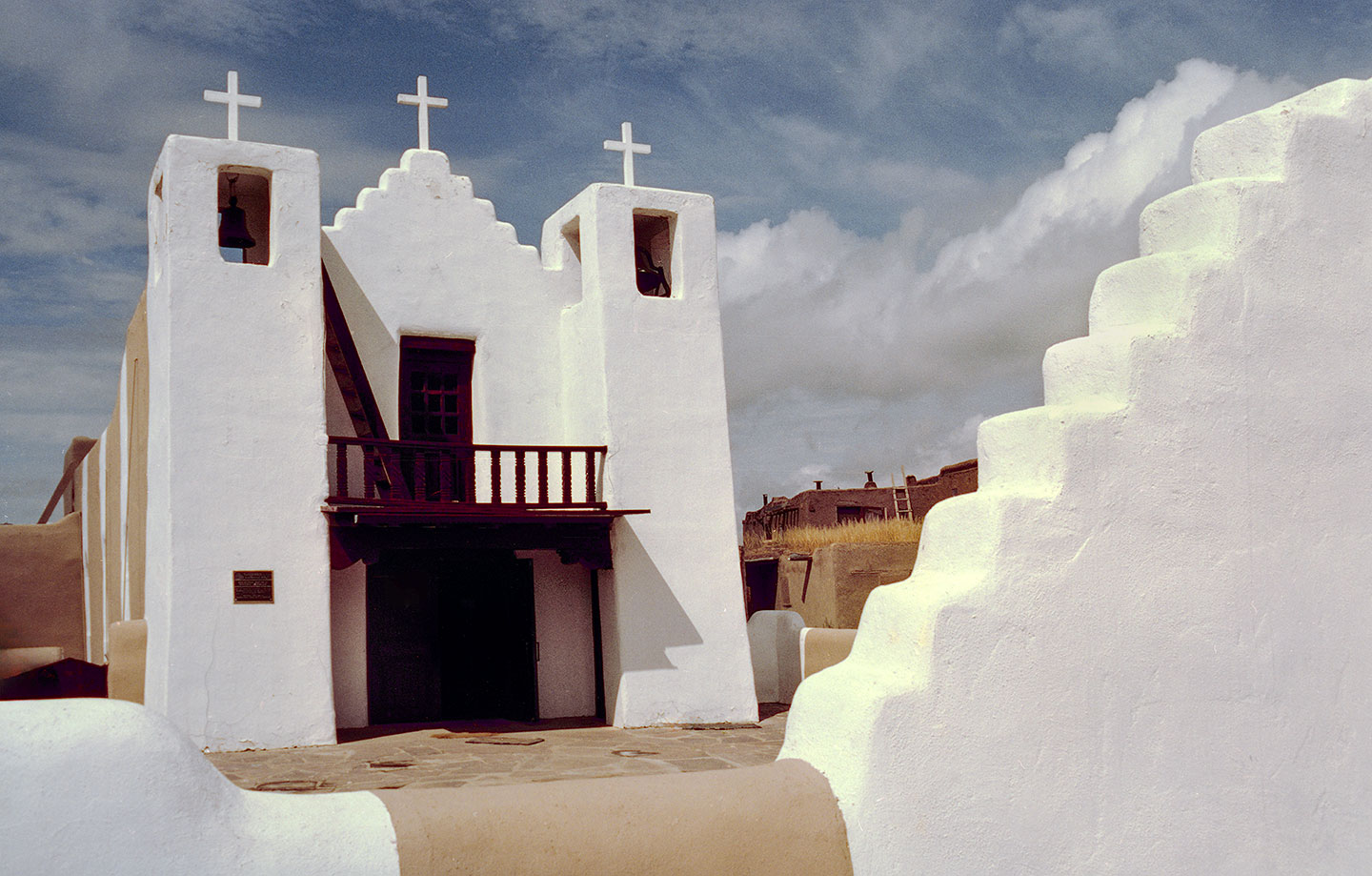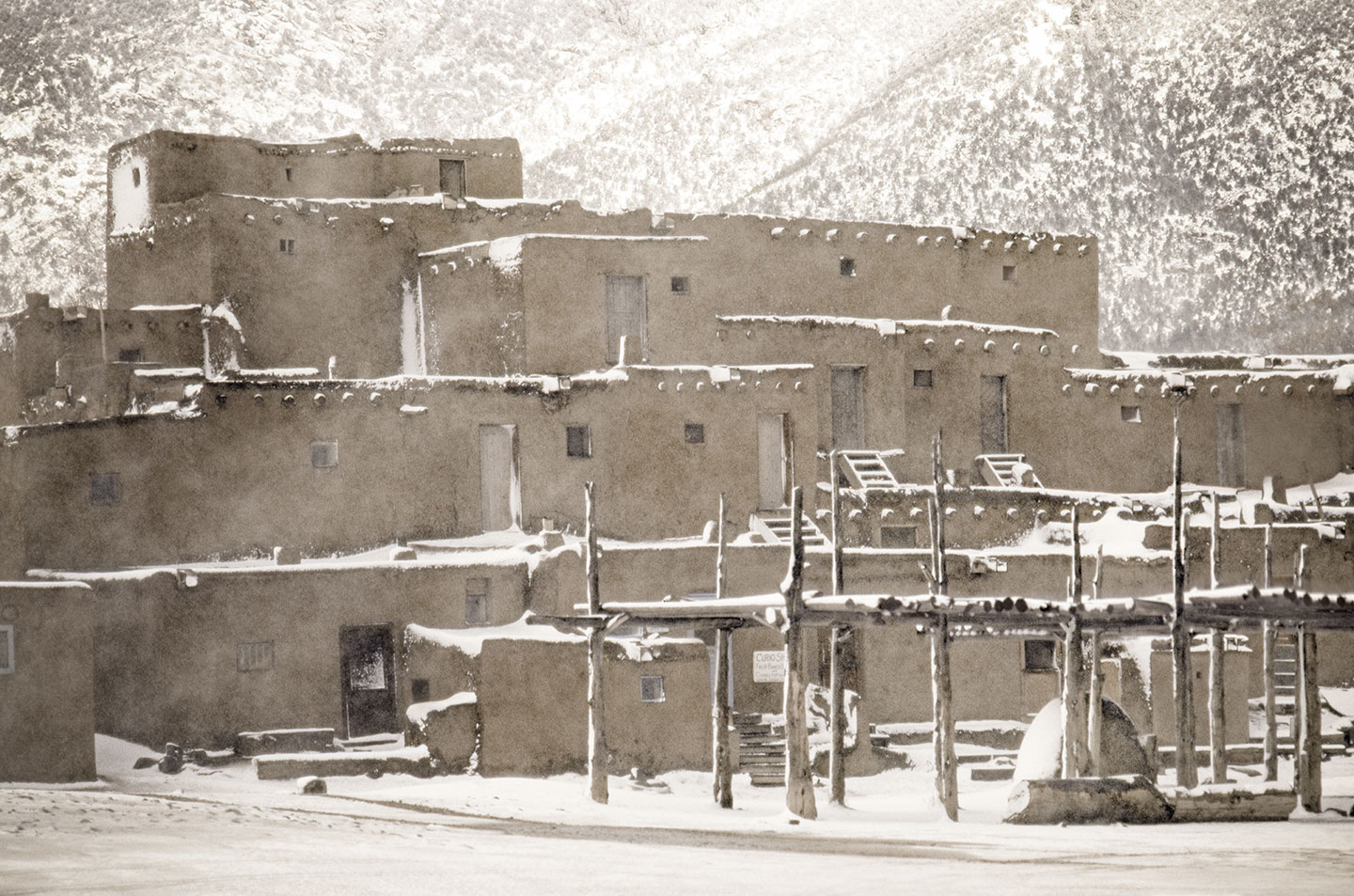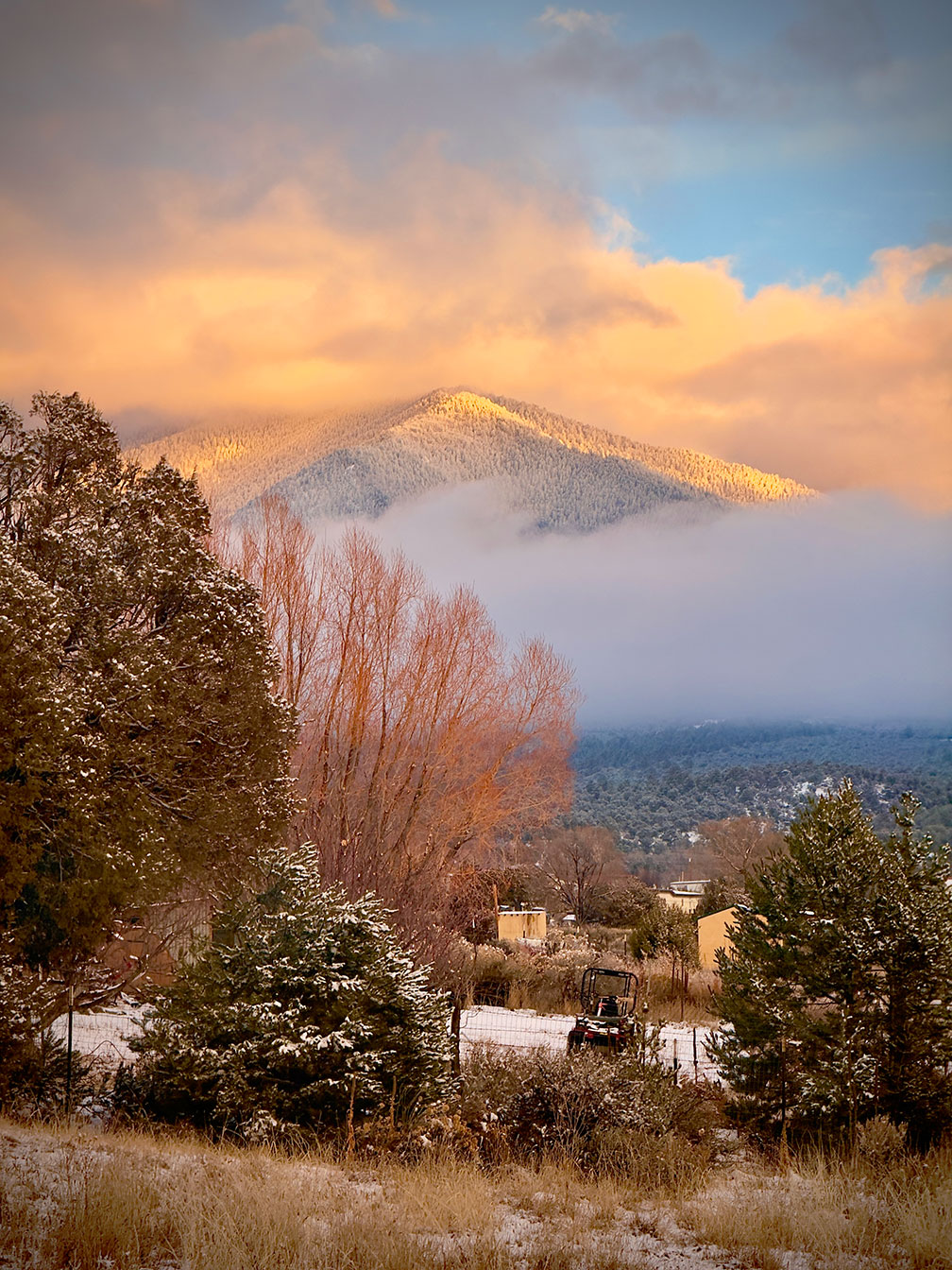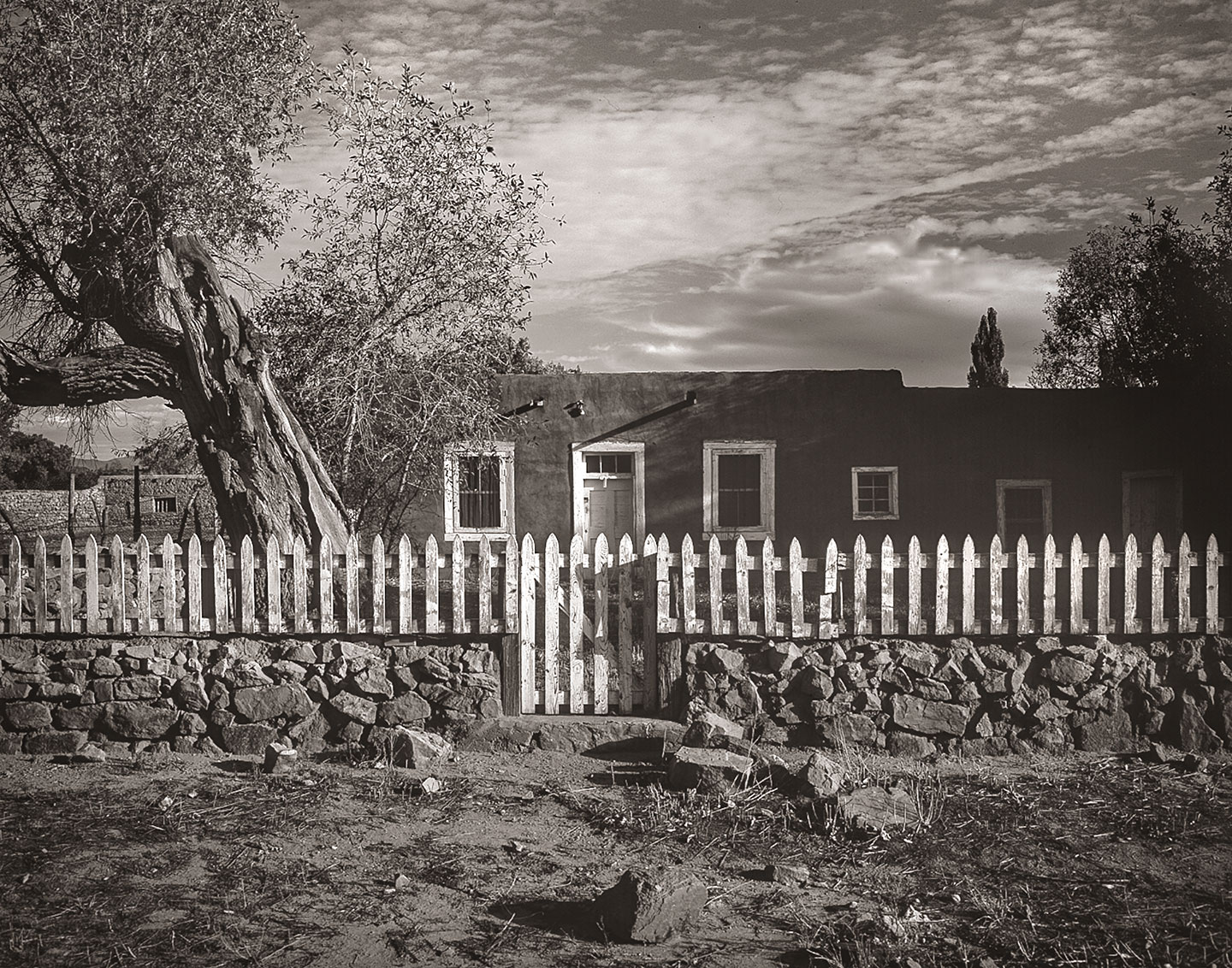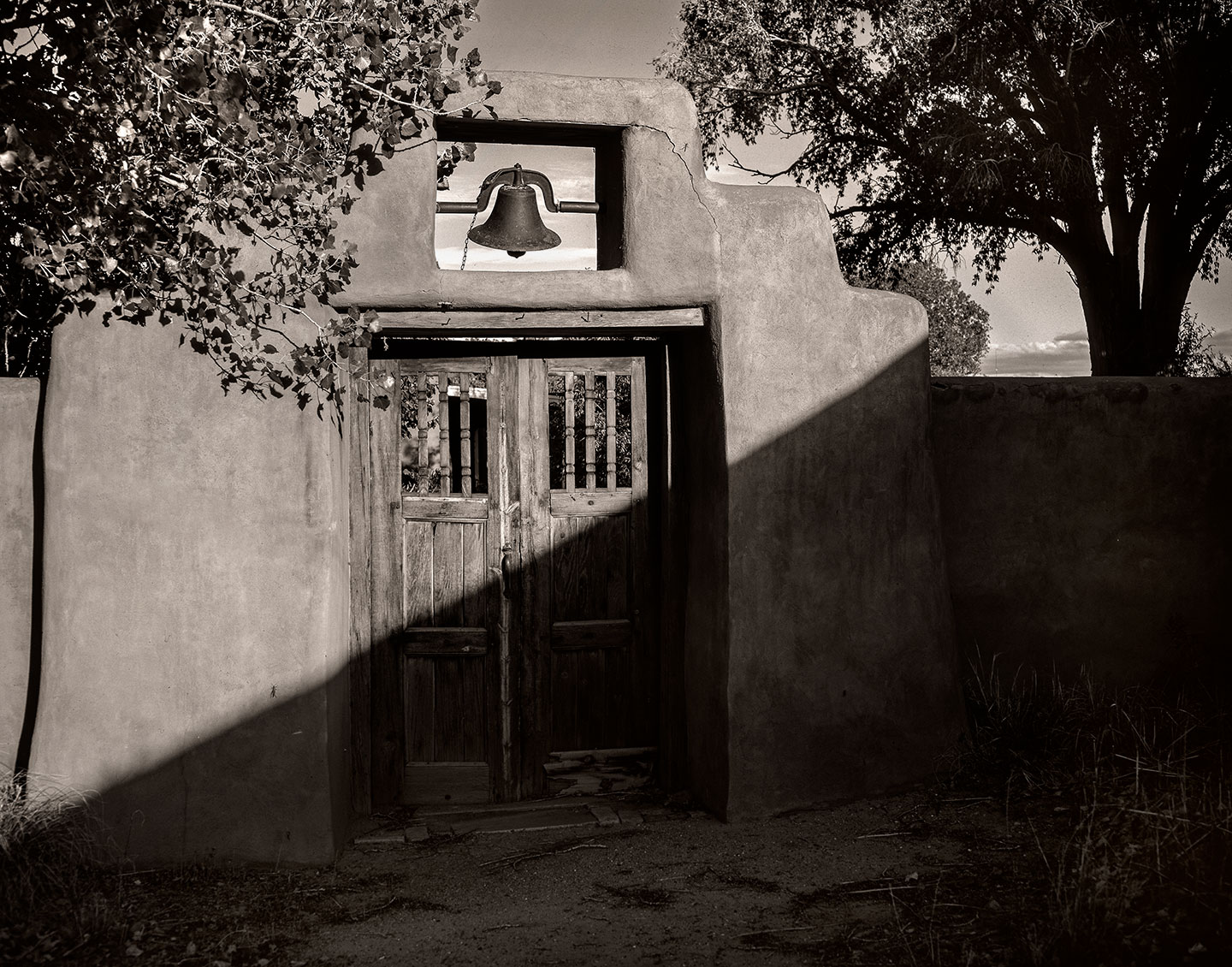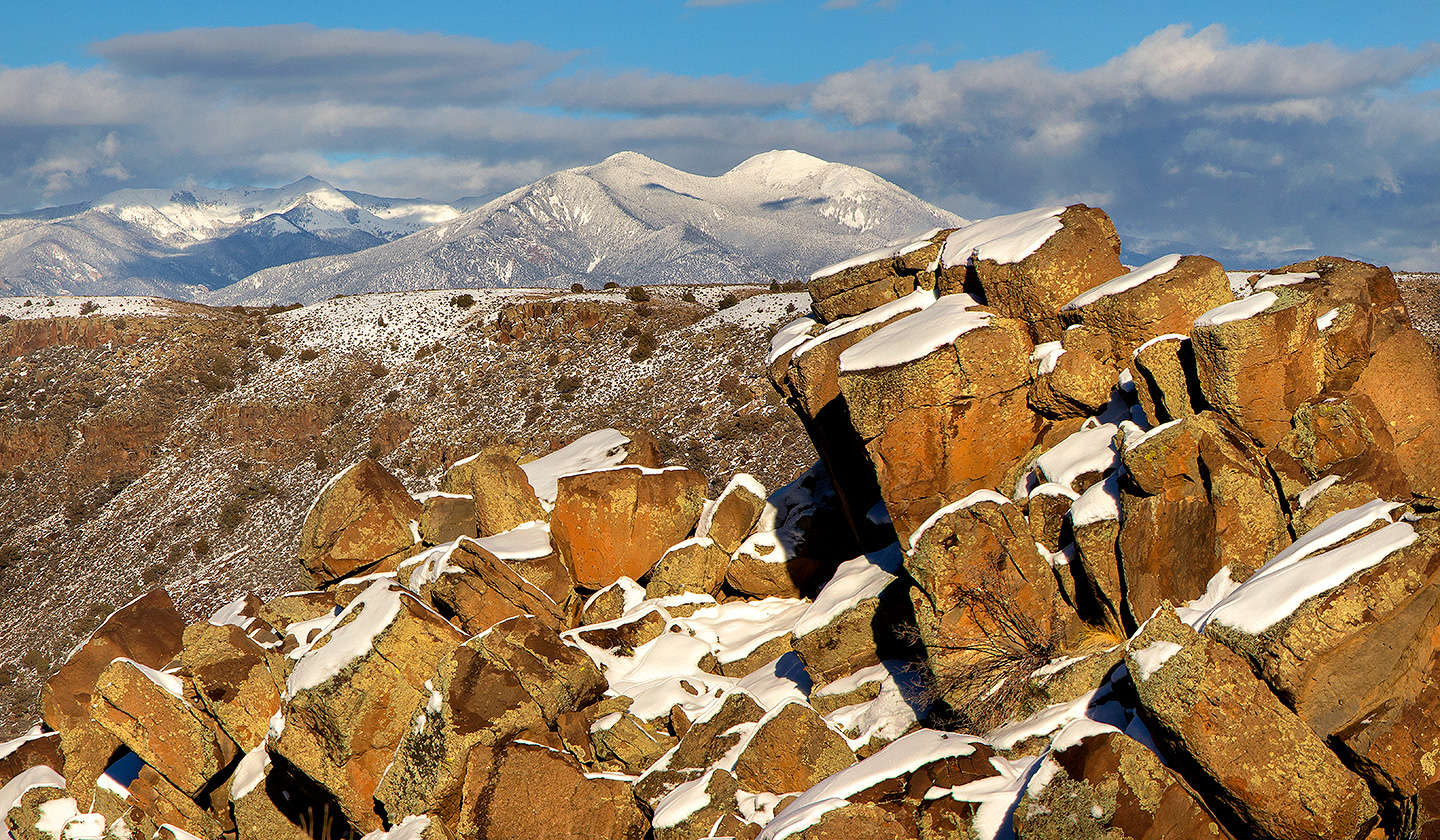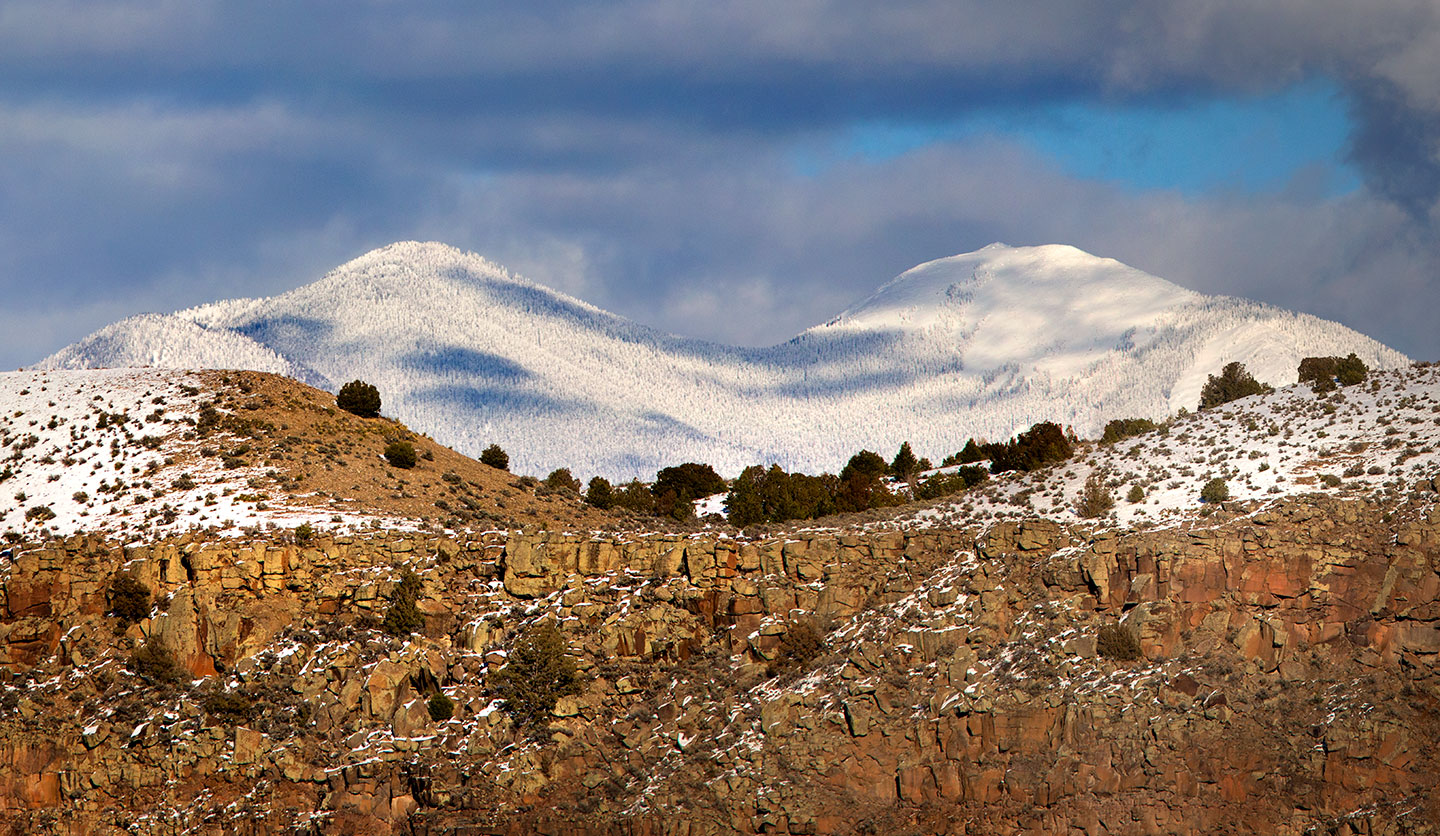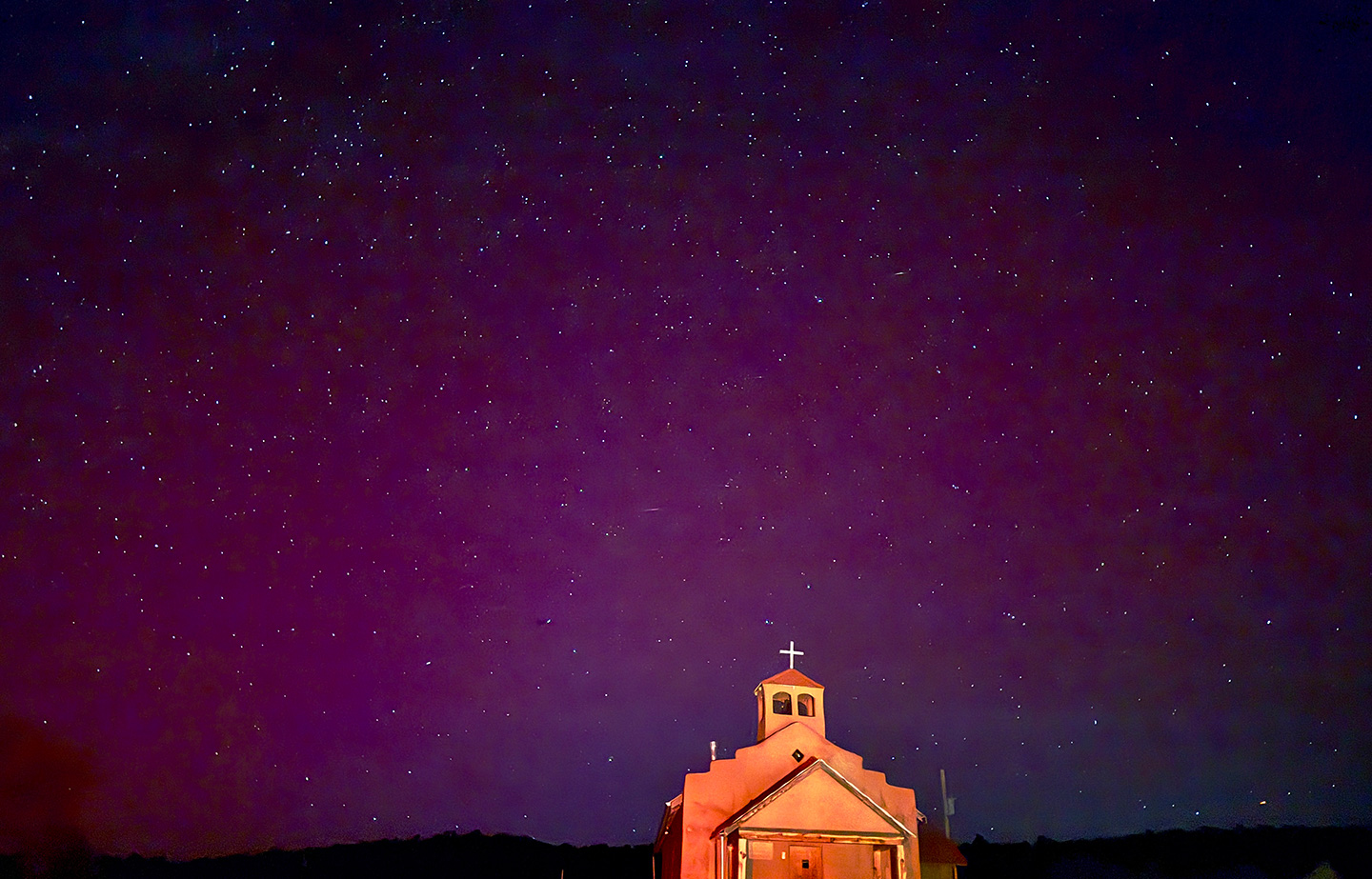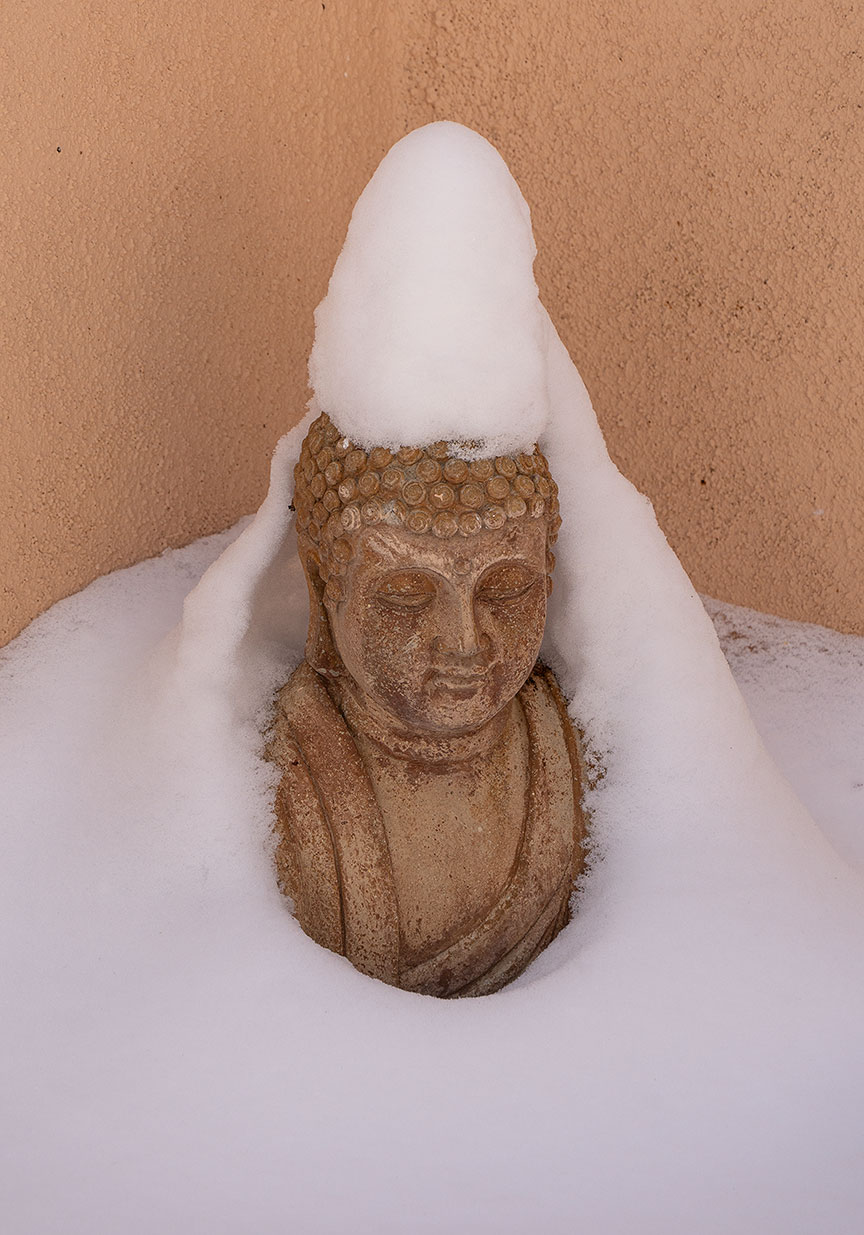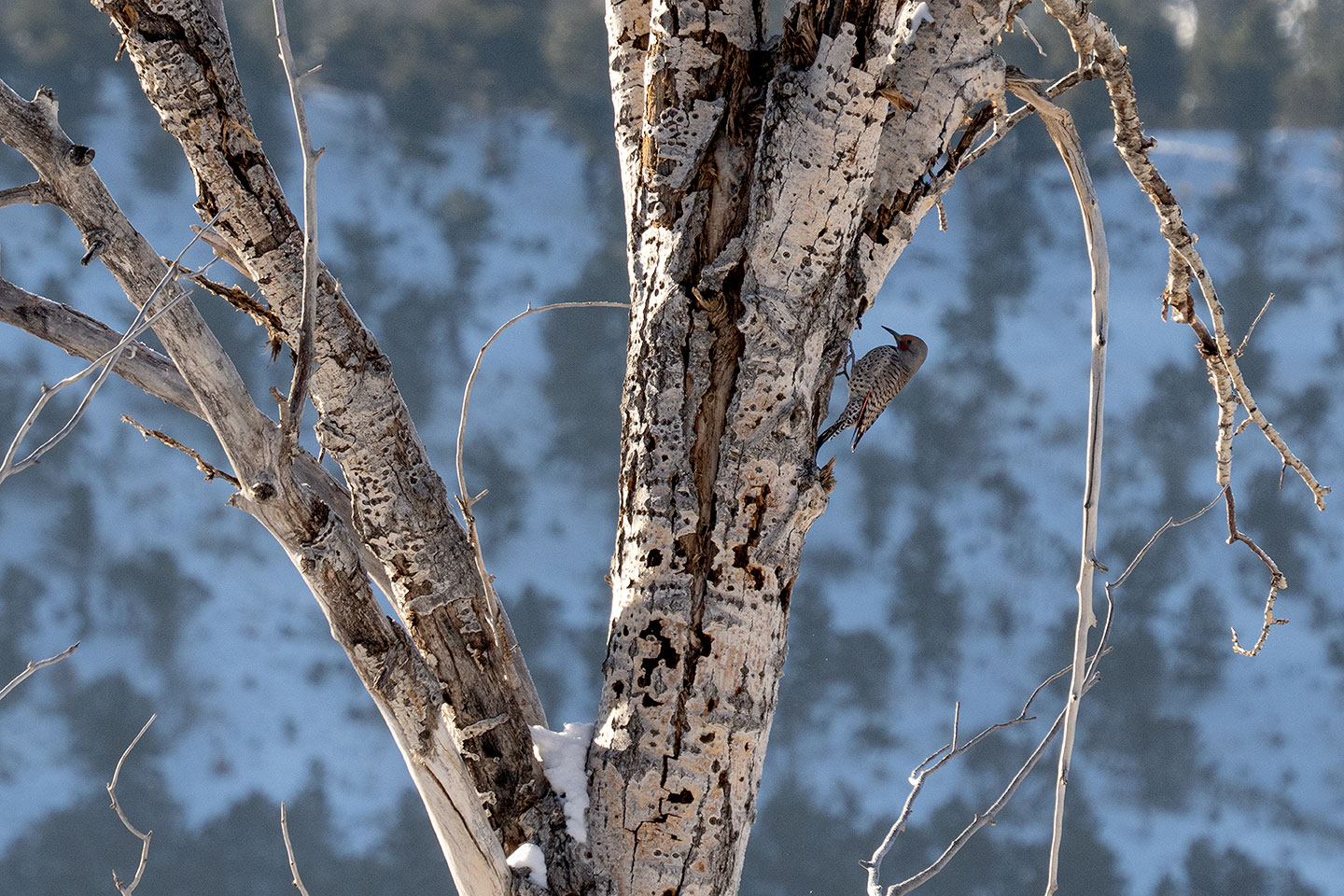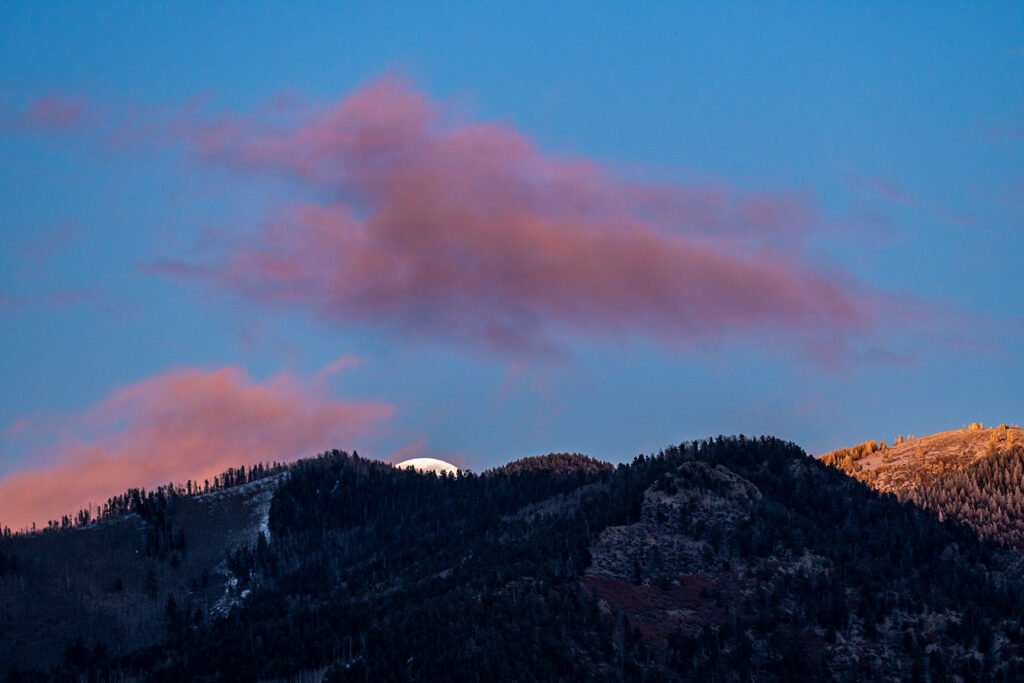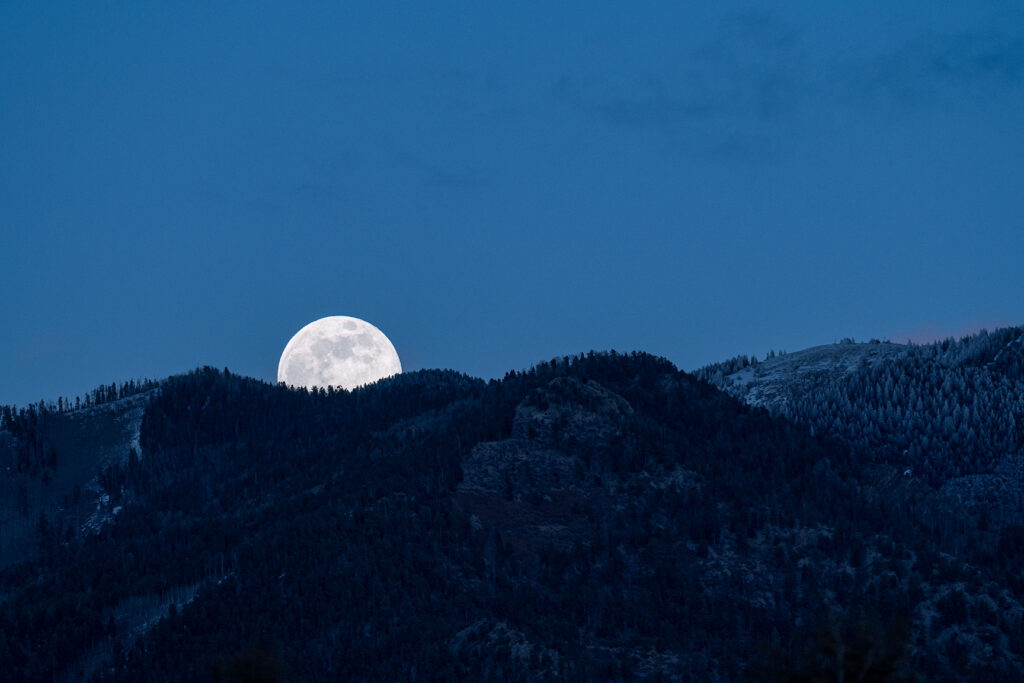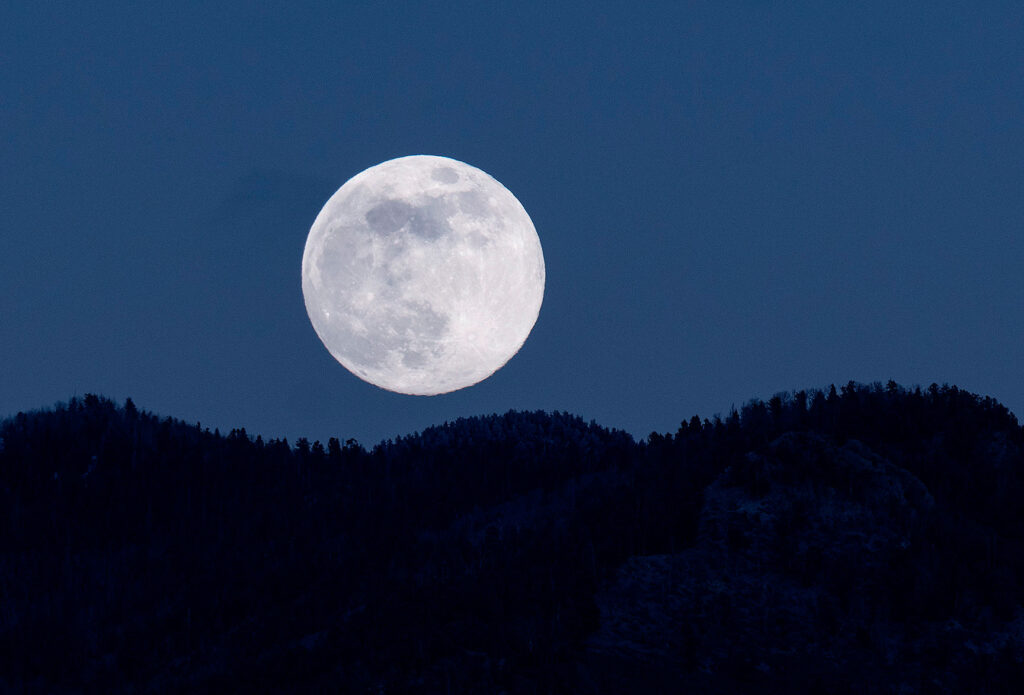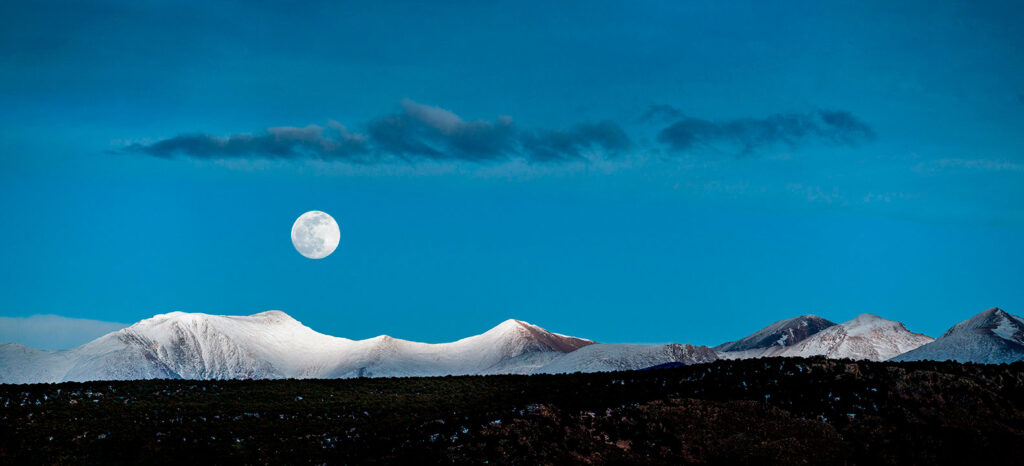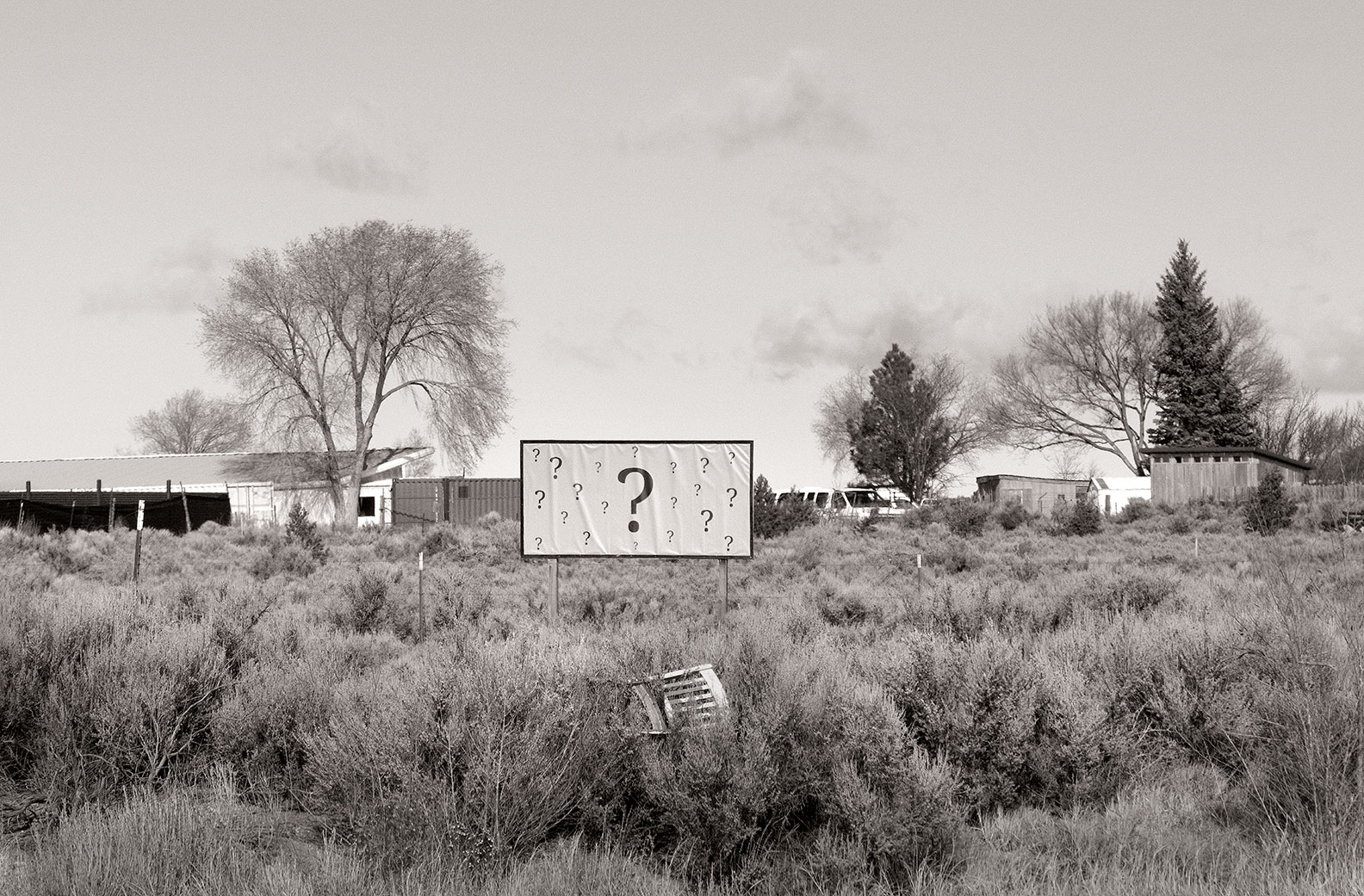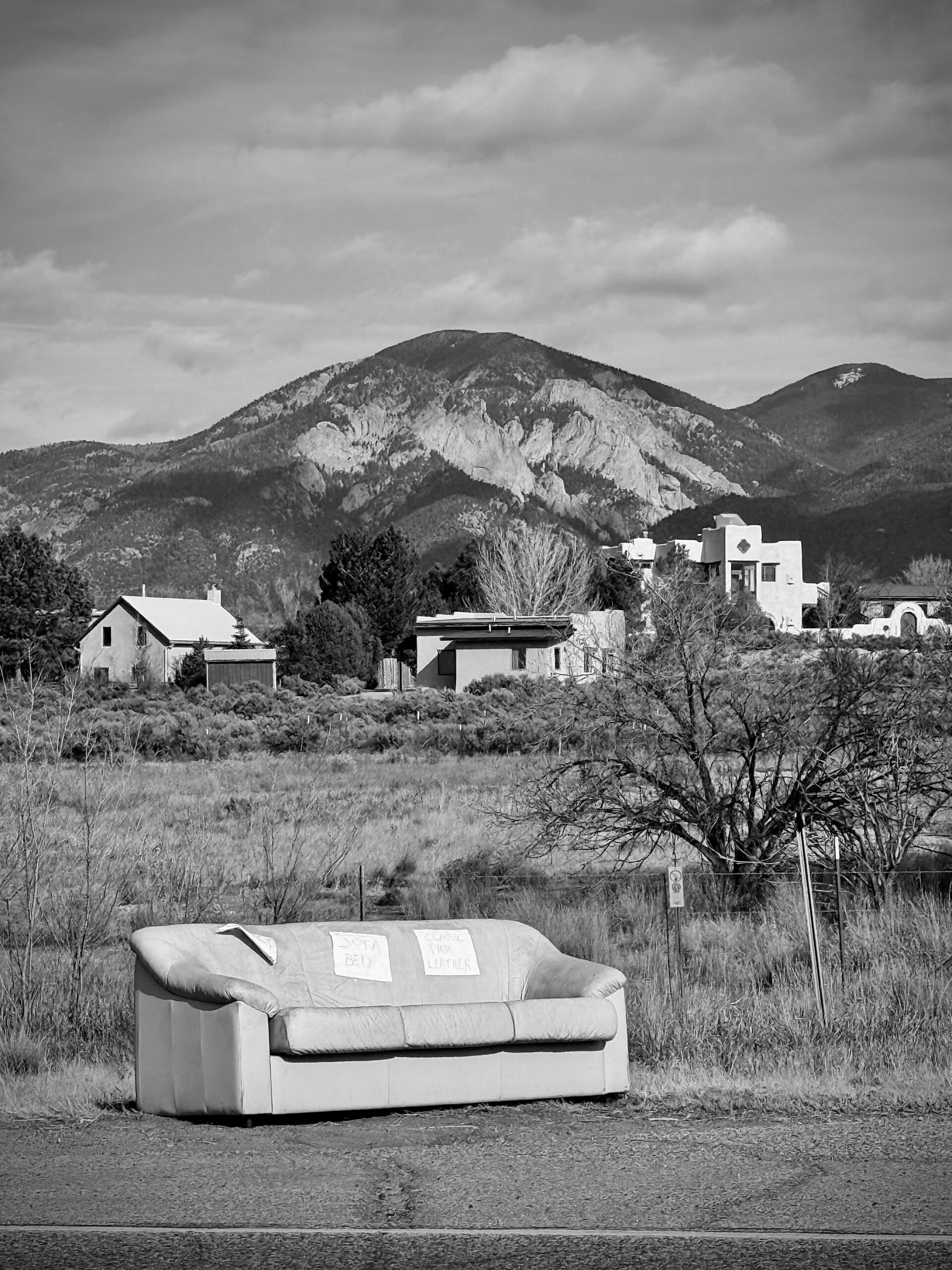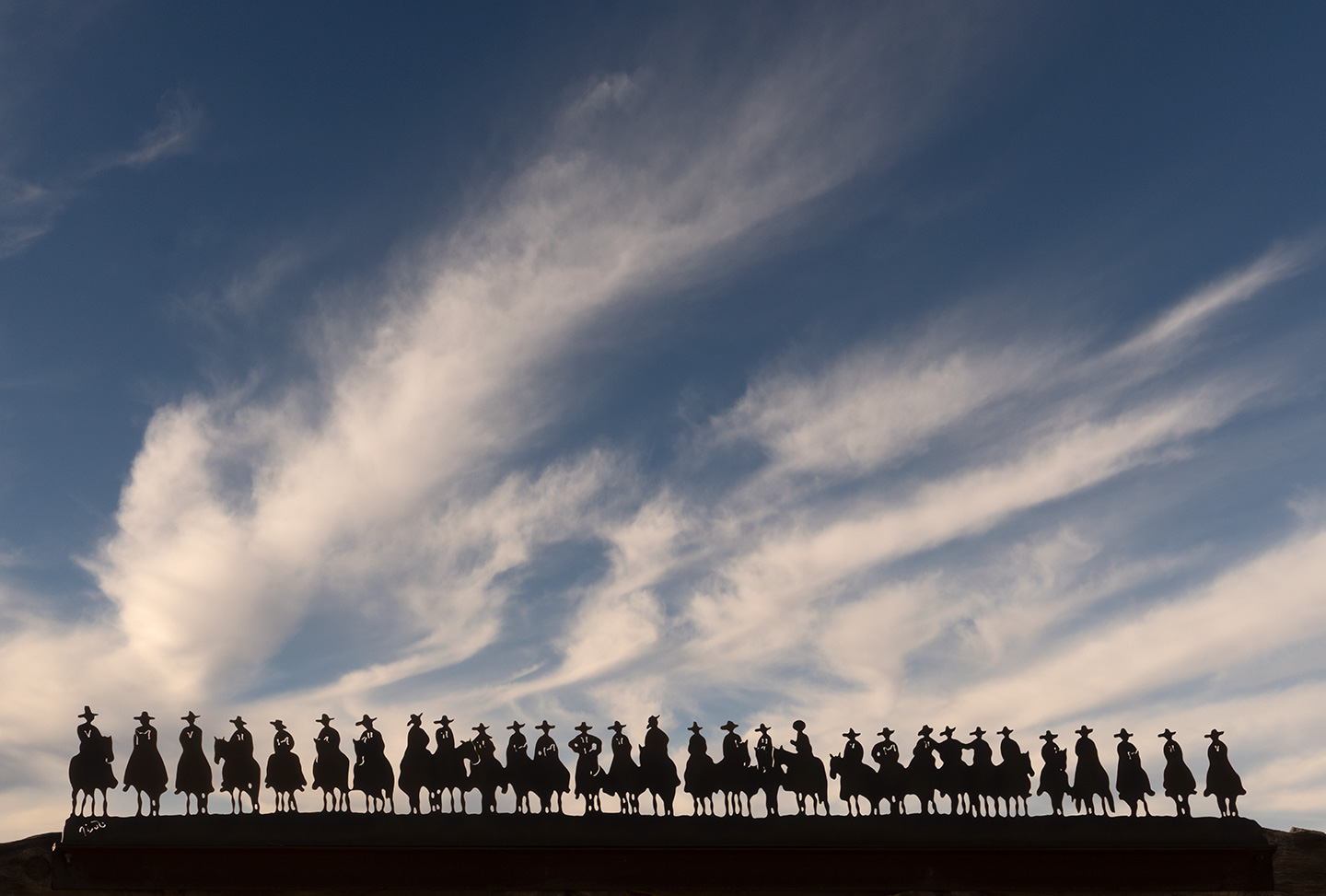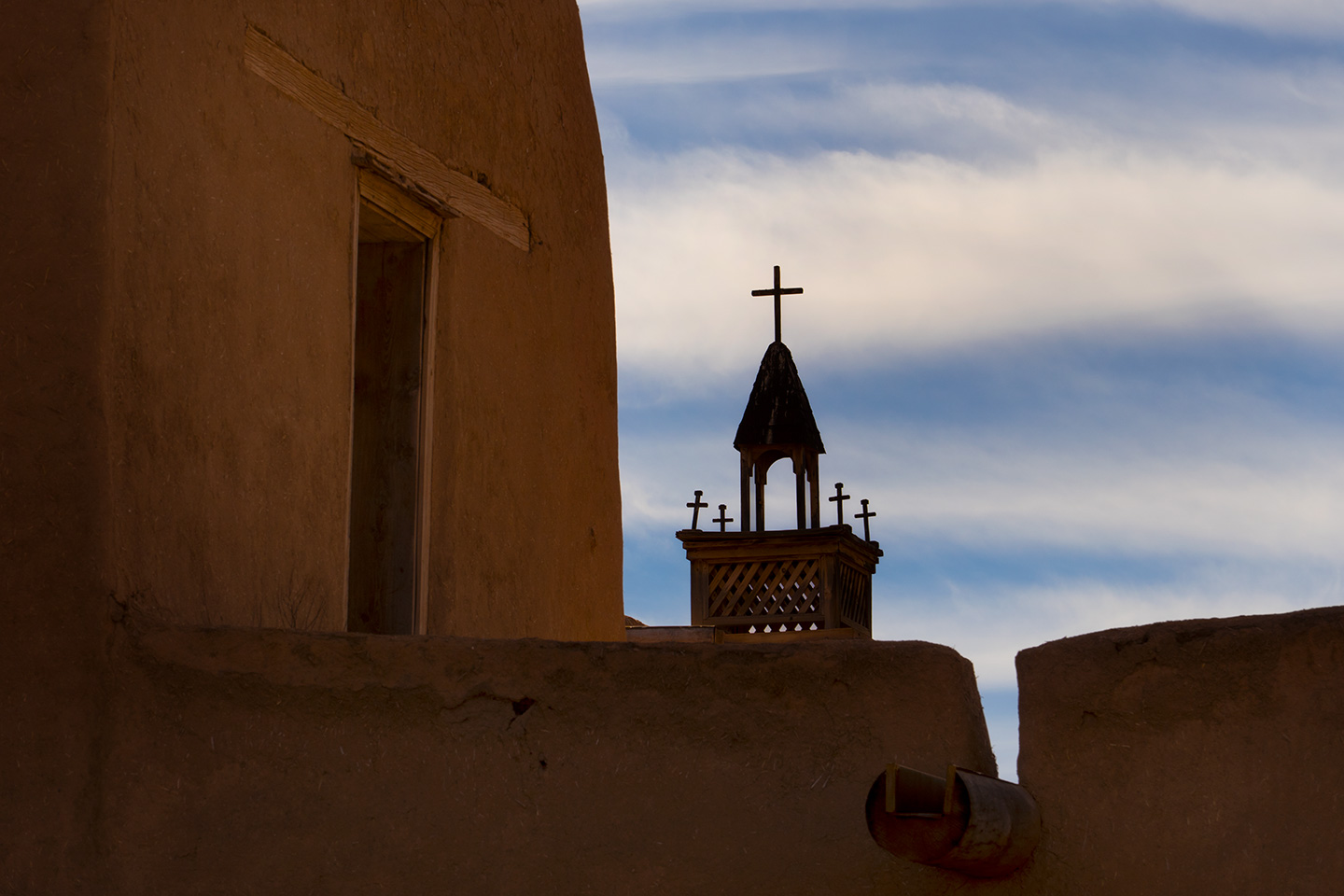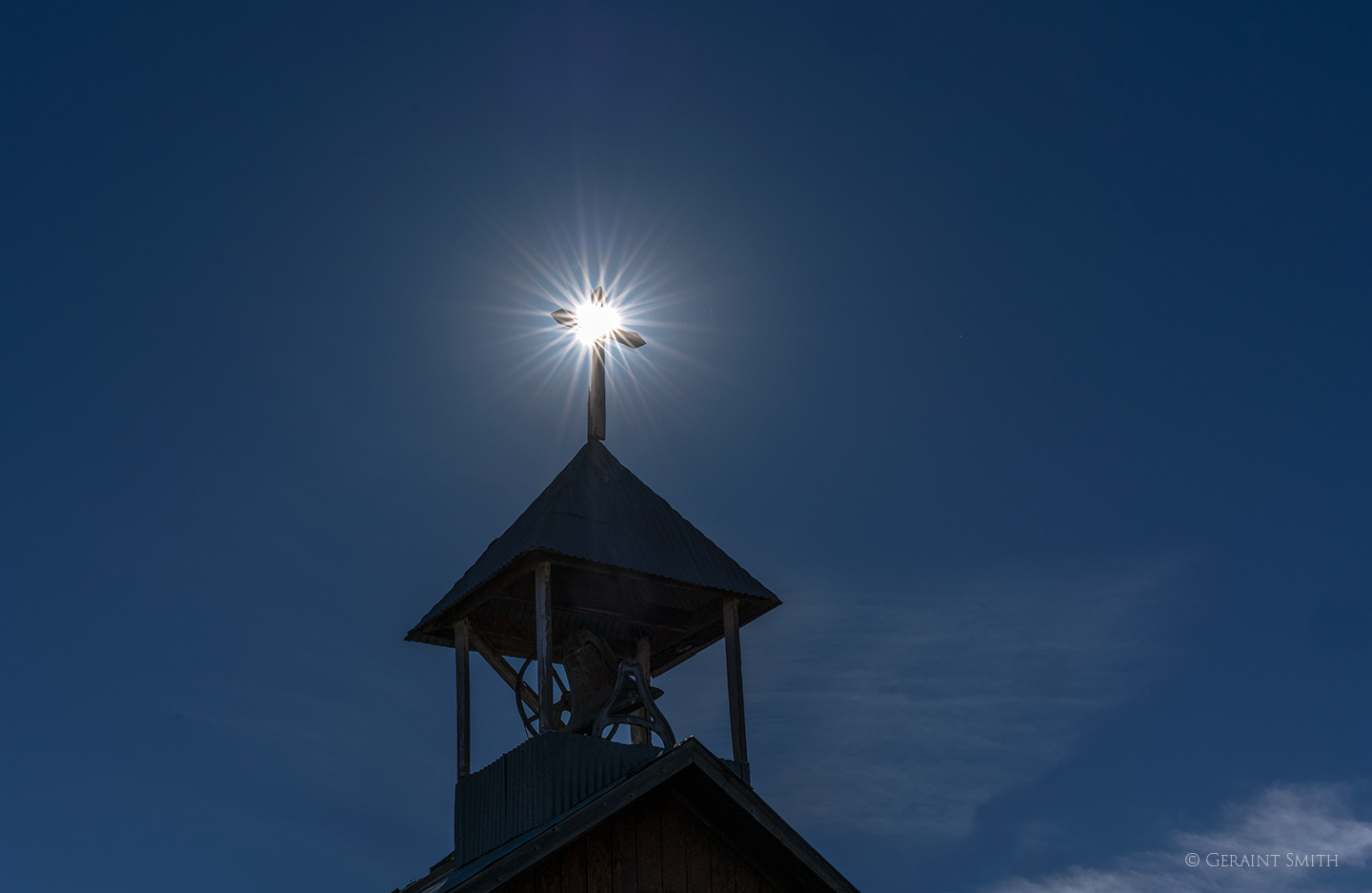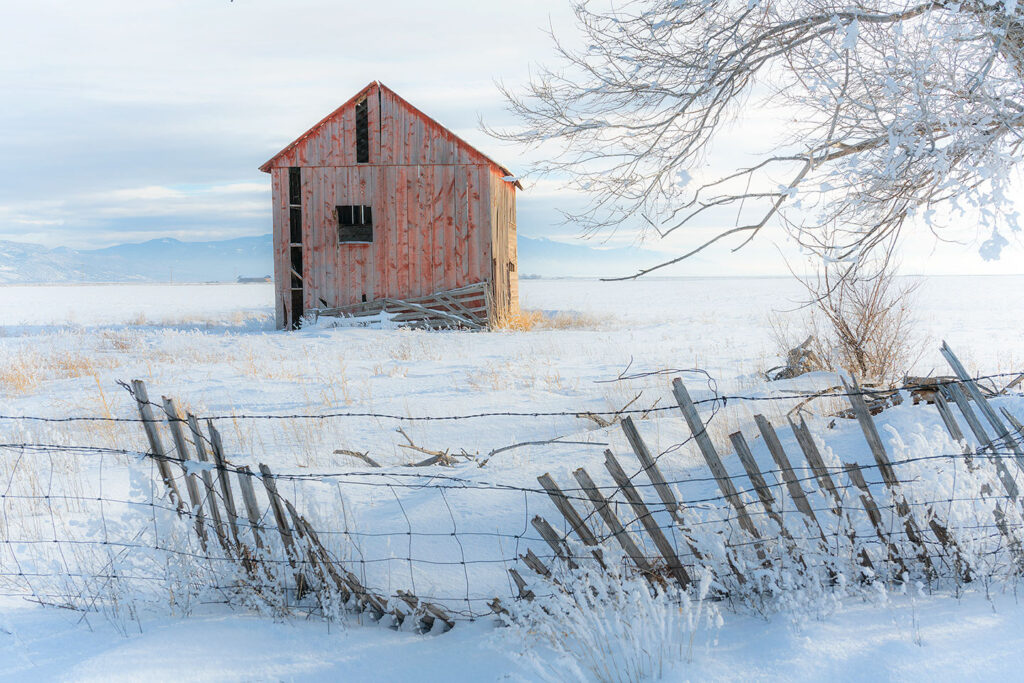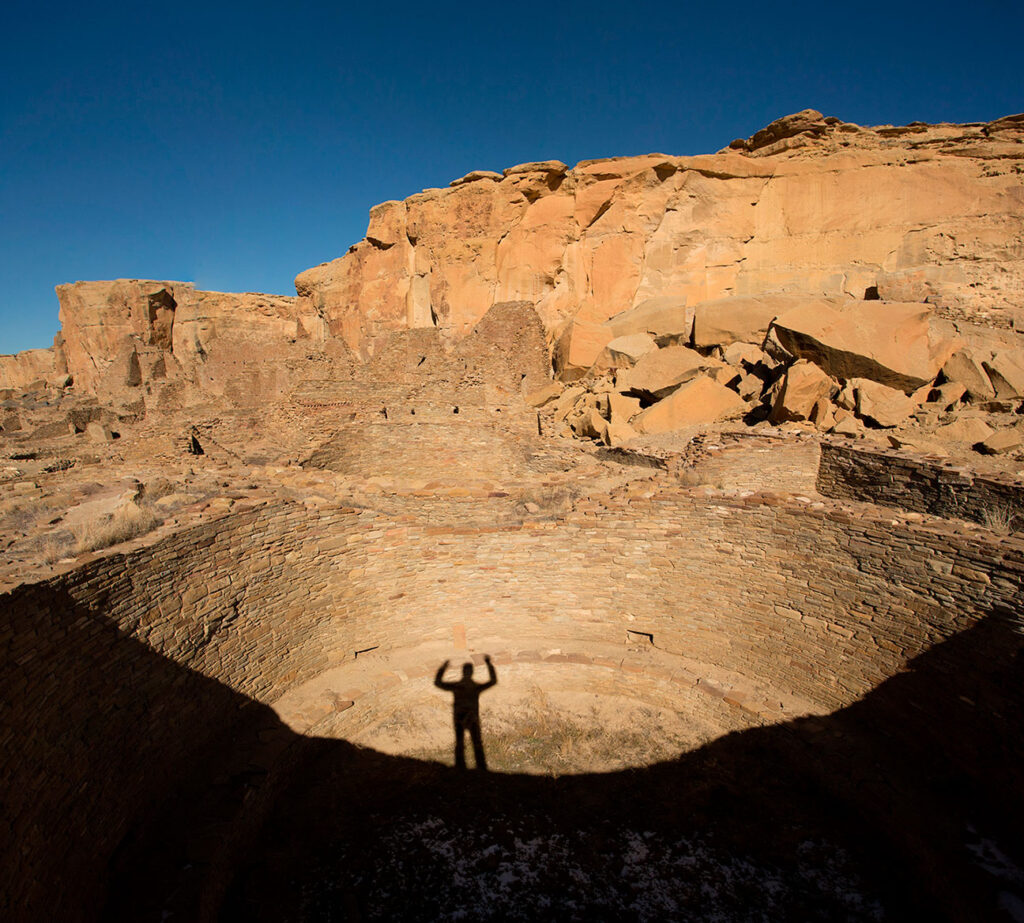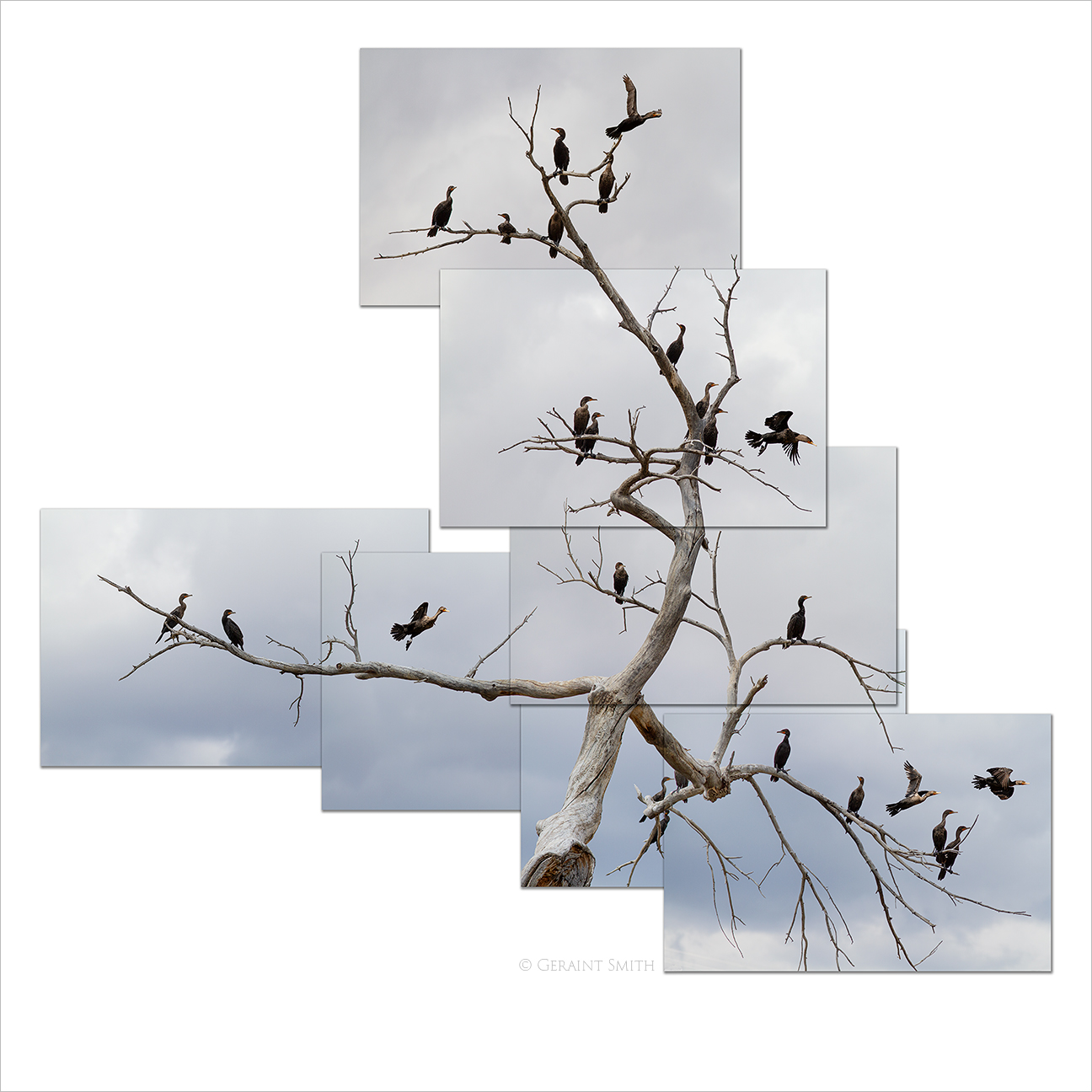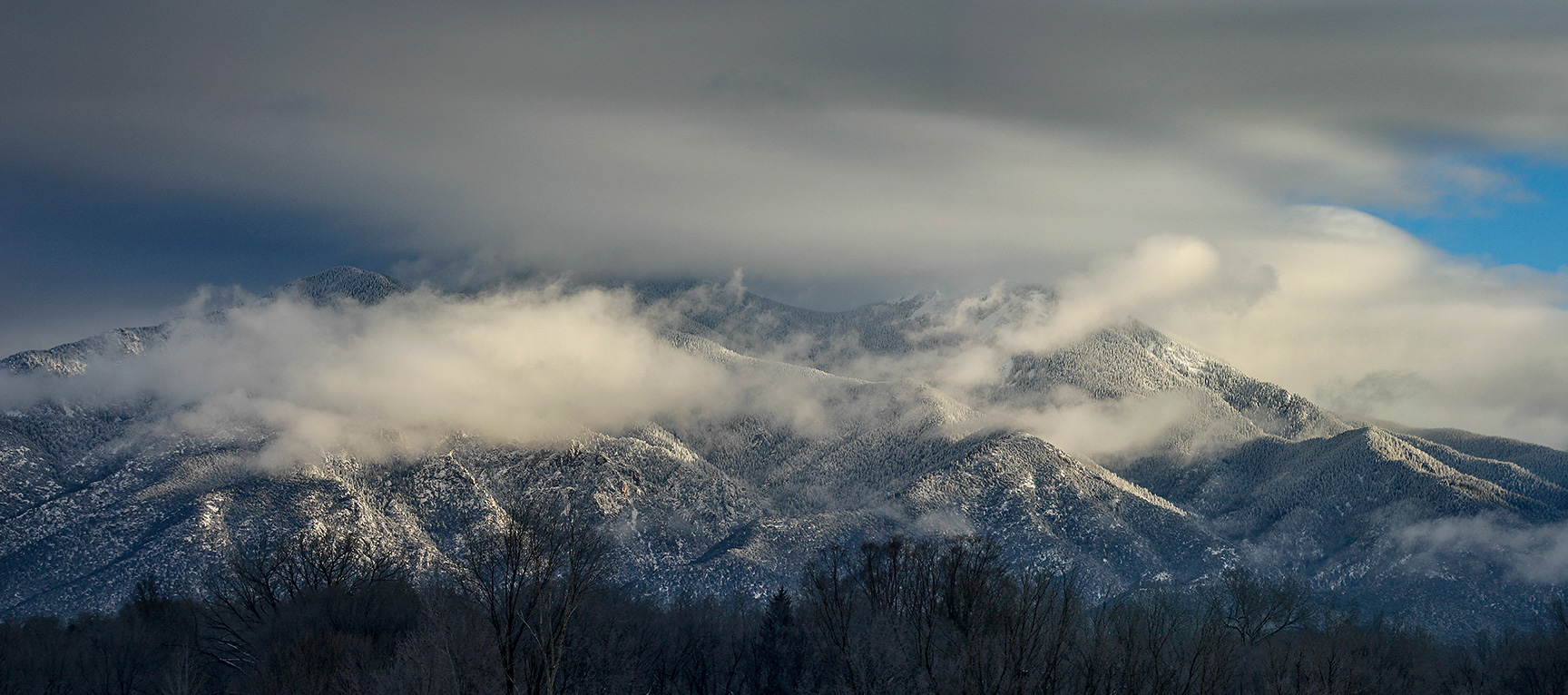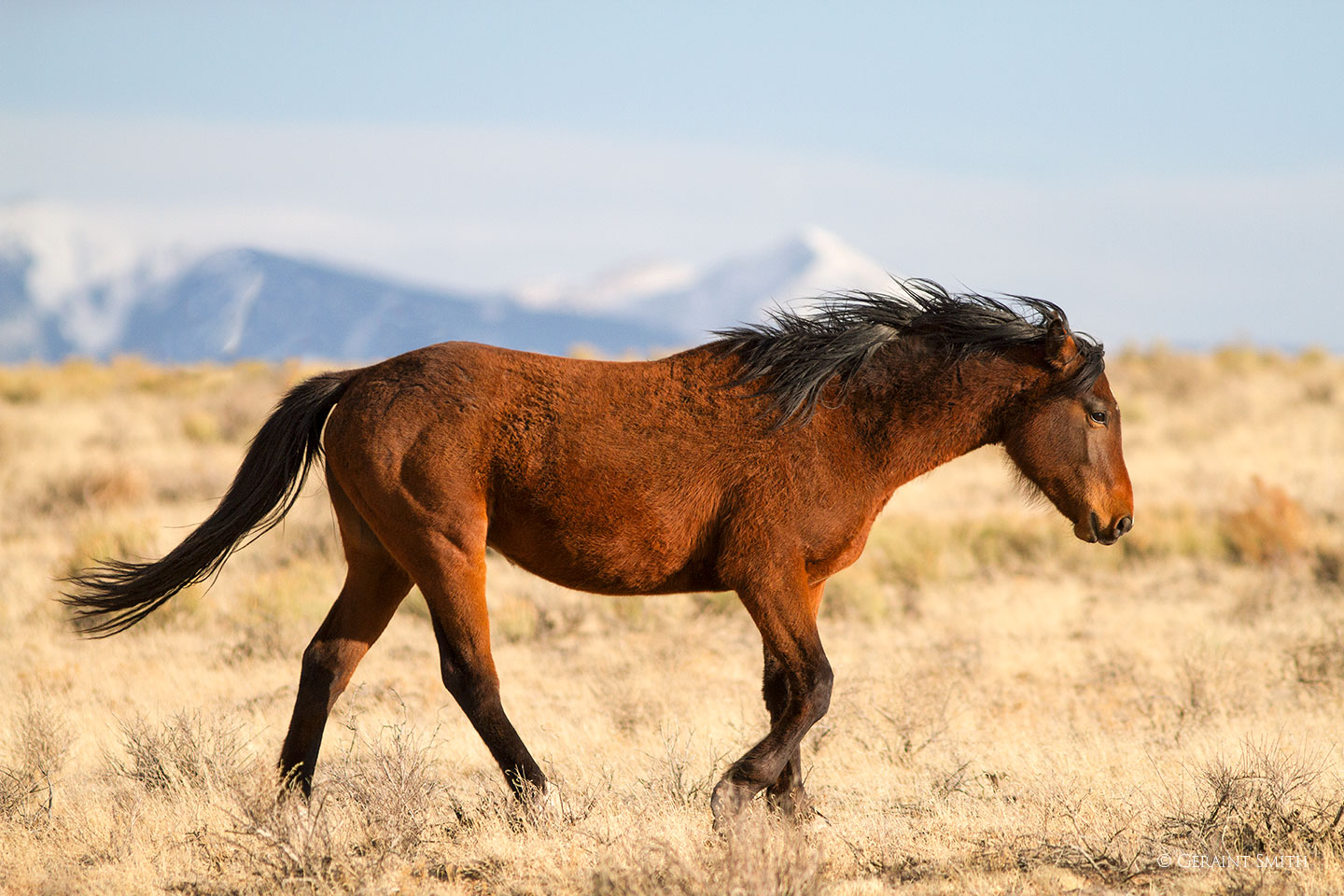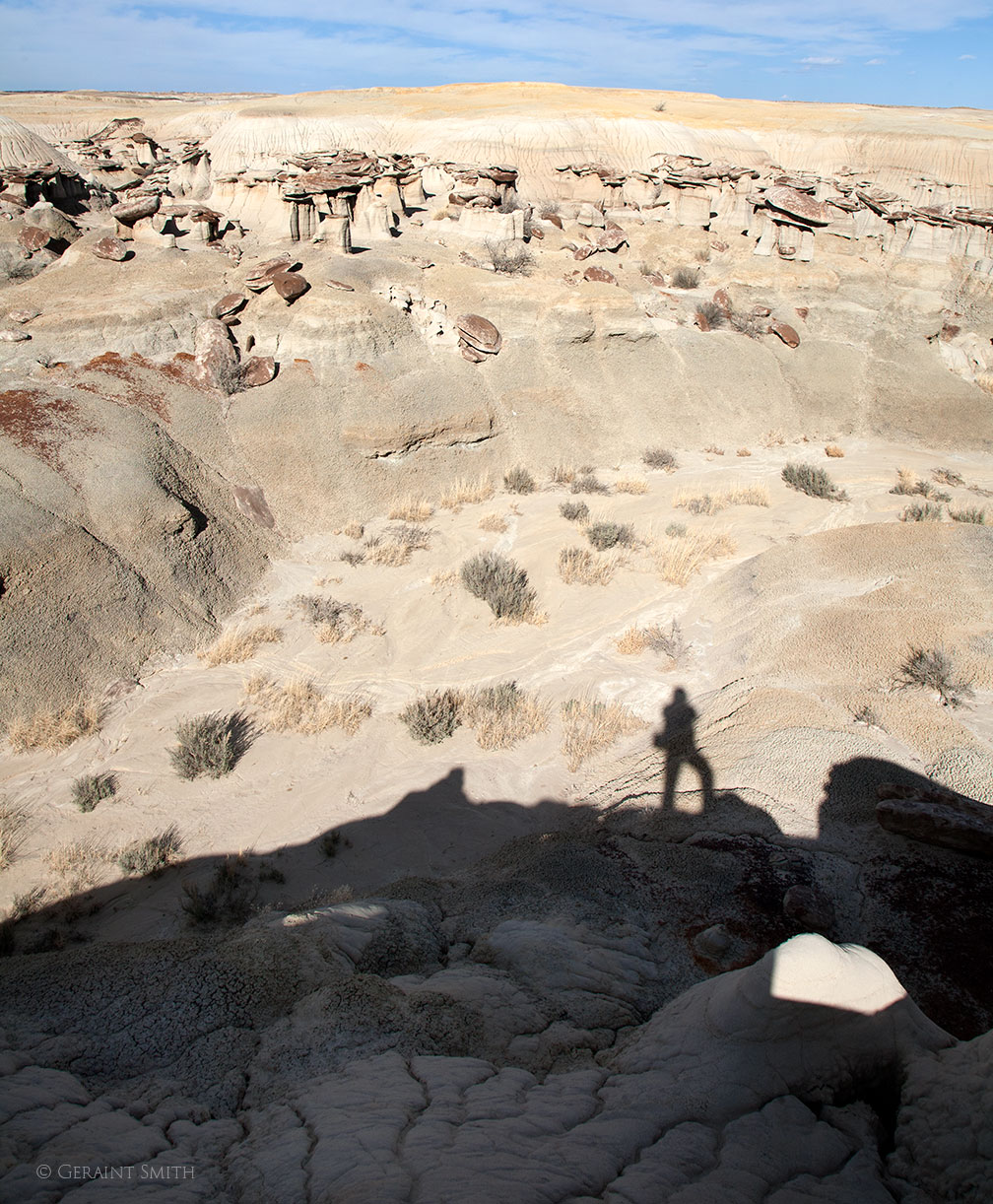The Randomness Continues. 02-18-2026
Greetings from San Cristobal, NM! This week, I’m again dipping into a bit of randomness by exploring the archives. I’ve selected a few images from the past, including some that were captured on this day in February in previous years.
Enjoy another nostalgic journey through time!
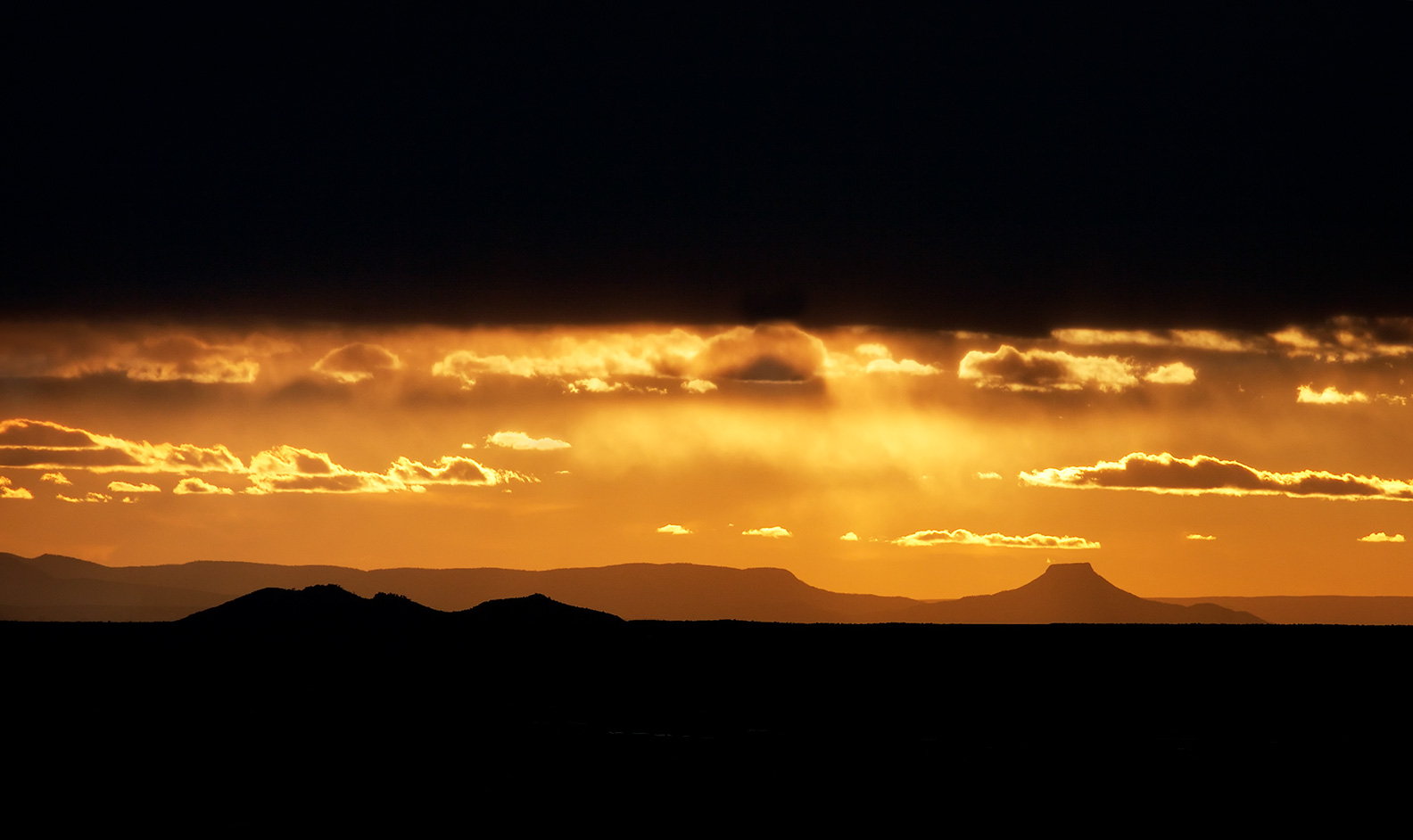
I selected this scene taken in El Prado, NM. There are many photo ops when driving to or home, from Taos. And the scenery is outstanding too. Join me on a Phototour/workshop.
White homestead near the Great Sand Dunes, Colorado.
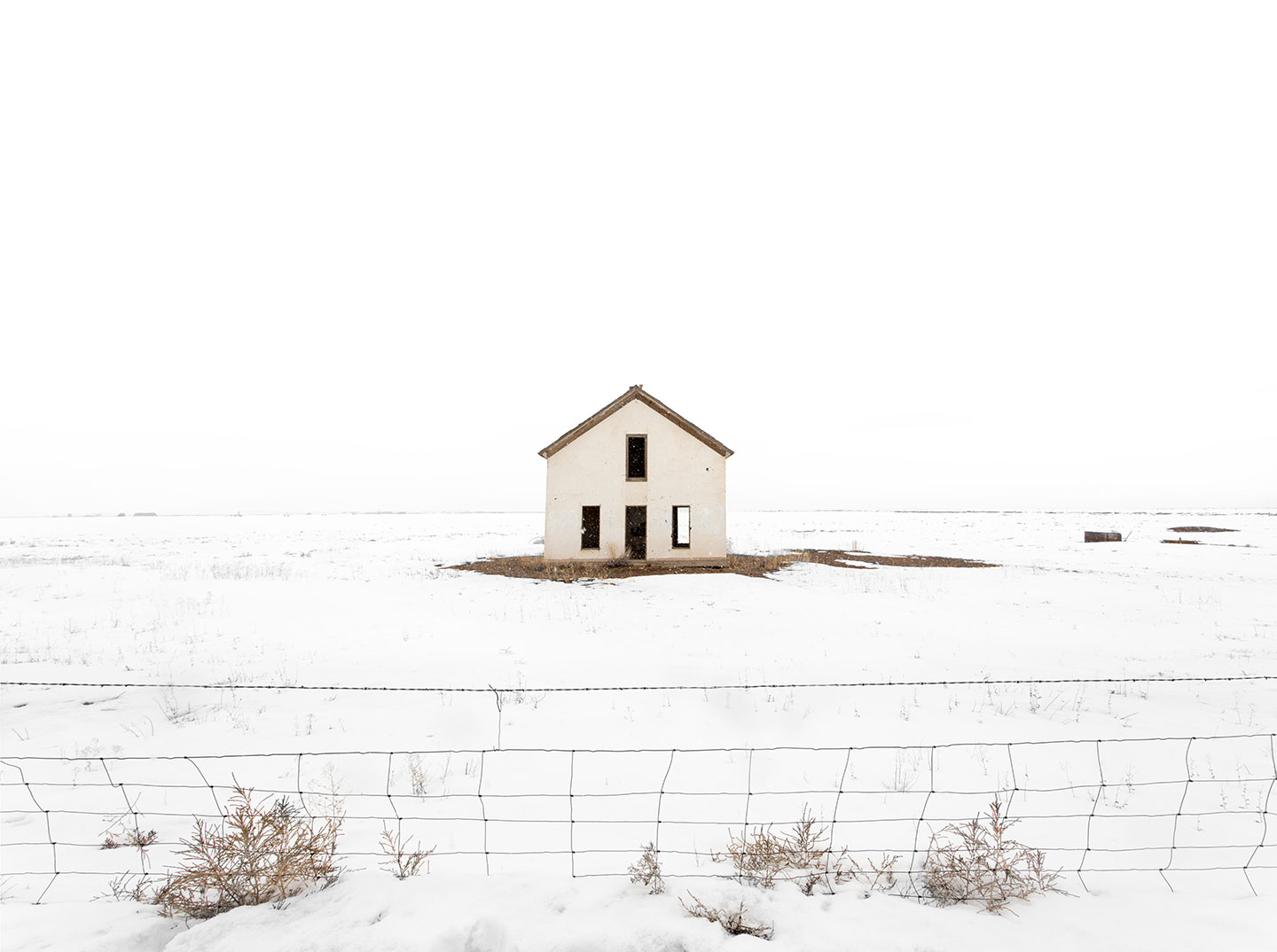
This photo was taken on a hillside in Elizabethtown, located in the Moreno Valley, New Mexico. The hillside was covered in ice, which was beginning to thaw around the small, ice-bound plants.
Heading back a little further to 1985 and one of the most impressive castles, Bamburgh Castle, on the northeast coast of England.
And a little further back to somewhere in Europe, Germany or Italy… I think.
Also, 1982 in Grindelwald, Switzerland. Who remembers photo booths on a random street corner or train station? I like this one for the randomness of the people and the center-bottom image of the little kid poking his tongue out!
One of the first photos I ever took was of my parents in 1965, using my dads Kodak (a bellows) camera with roll film. I was seven at the time. Originally, it was just a small, crumpled contact sheet image. Recently, I restored it using AI technology, bringing new life to this image.
As always, thanks for looking. It’s a lot of fun for me, going through the slide archives and old family photos, scanning them, and presenting them here. I hope you got some pleasure out of seeing these images as well. Have a great week. G
